The above postcard image features a topsail schooner at Largo Harbour at low tide. It's unclear which particular trading vessel is featured but there's a good chance that she was a "tattie boat". The potato trade had been long established at Largo and other East Fife ports by the time this image was captured in the early years of the 1900s. Despite the opening of the railway half a century before, the shipment of potatoes by sea was still generally the choice by local merchants, as the piece below from the 26 January 1899 Leven Advertiser states. It tended to be primarily the higher value produce, such as livestock, that were transported by rail at this time.
Robert Gold of Leven, John Bell of Stenton near St Monans and Thomas Buttercase of Largo are all named above as "the principal shippers" from East of Fife ports. Buttercase was a potato merchant who lived in Upper Largo and rented space within the granary at Largo Harbour in the 1890s. Harbours such as Largo. Leven, Anstruther, Elie, Pittenweem, St Monans, Crail and Kingsbarns are all frequently referenced in the newspaper archives as handling potato shipments. The shipment of potatoes was of course seasonal - from late autumn, right through the winter, into spring. The vessels involved typically included schooners (like the one pictured above) as well as smacks, ketches and brigs. Most would only carry around 100 tons or less at a time.
In 1885, the 14 February Fife News described how at Largo "the shipment of potatoes to English ports is being carried out to a pretty large extent". The previous week two vessels had "cleared out" - one for Middlesbrough and the other for London, each with about a hundred tons. A third was "busy loading" and a "look out was being kept for a fourth". The report below from the 3 April 1888 Shields Daily Gazette describes how the schooner Wide Awake of Goole got into difficulty in heavy weather off the Farne Islands, after picking up a load of potatoes from Largo heading for Plymouth.
The potato cargoes leaving Largo around this time were largely bound for England. The small piece above from 22 December 1894 St Andrews Citizen tells of the schooner Sweet Home heading from Largo for the "English markets". Below is a longer snippet from the 1 April 1897 Leven Advertiser, which describes the arrival of two vessels that "had come up on the previous night to load potatoes", chartered by Robert Gold of Leven. Mr Gold was a potato merchant who lived in Leven, before moving into one of the newly-built semi-detached villas of Victoria Road in Lundin Links in 1903.
The article eludes to the fact that Largo harbour was not as busy as it used to be with potato exports, stating "in former years larger quantities have been exported". It also notes that several nearby harbours were busy as well with the potato boats. Further information given tells us that the potato trade once was to the north but now was with the south of England and sometimes France. The markets fluctuated and at the time prices were relatively low.
The 31 March 1898 Leven Advertiser snippet above names the smack Dryden as a vessel involved in the potato trade. On this particular visit to Largo she was "neaped" - that is she missed the tide and had to stay in port until the spring tides brought enough water into the harbour to float her out. The potato trade out of Largo took a hit in the following (1898/99) season when the harbour was damaged in winter storms. The piece below from 1 Dec 1898, under the heading "harbour jottings", describes how the harbour was in need of repair and had become dangerous, bringing an early end to that winter's potato export activity.
The 20 April 1899 piece below from the same newspaper provides an update from later in the season. It tells of how "Largo's calamity has been Leven's opportunity" bringing the latter a record season of potato shipments. Robert Gold continued to be the main exporter with his loads heading for the English markets.
Potato shipments eventually resumed from Largo and continued (likely at reduced frequency) into the 1910s. The 22 February 1911 Leven Advertiser (above) tells of a mishap experienced by the schooner Mandy Ann of Goole. Carrying a cargo of potatoes destined for Portsmouth the vessel had only just left the mouth of the Keil under charge of a tug when she swung round onto rocks. The potatoes were saved and the boat repaired locally at Largo. The piece below from the 21 March 1912 Leven Advertiser notes that the German vessel Hermann arrived to collect 145 tons of potatoes bound for Portsmouth.
The start of World War One in 1914 disrupted the potato trade, with shipments from Largo coming to a halt. The book "The Forth at War" by William F Hendrie describes how...
"The declaration of war in August 1914 had an immediate effect on shipping on the Forth, as the Admiralty swiftly imposed restrictions. Two armed naval inspection vessels took up position off Inchkeith, and captain of merchant vessels were instructed that they must report to them upon their arrival in the firth, which must be during the hours of daylight....There were in any case, far fewer shipping movements than normal".
The fear of mines and torpedo attacks must have played a large part in the reduction of shipping movements. The regular potato shipments out of Largo were never re-established.
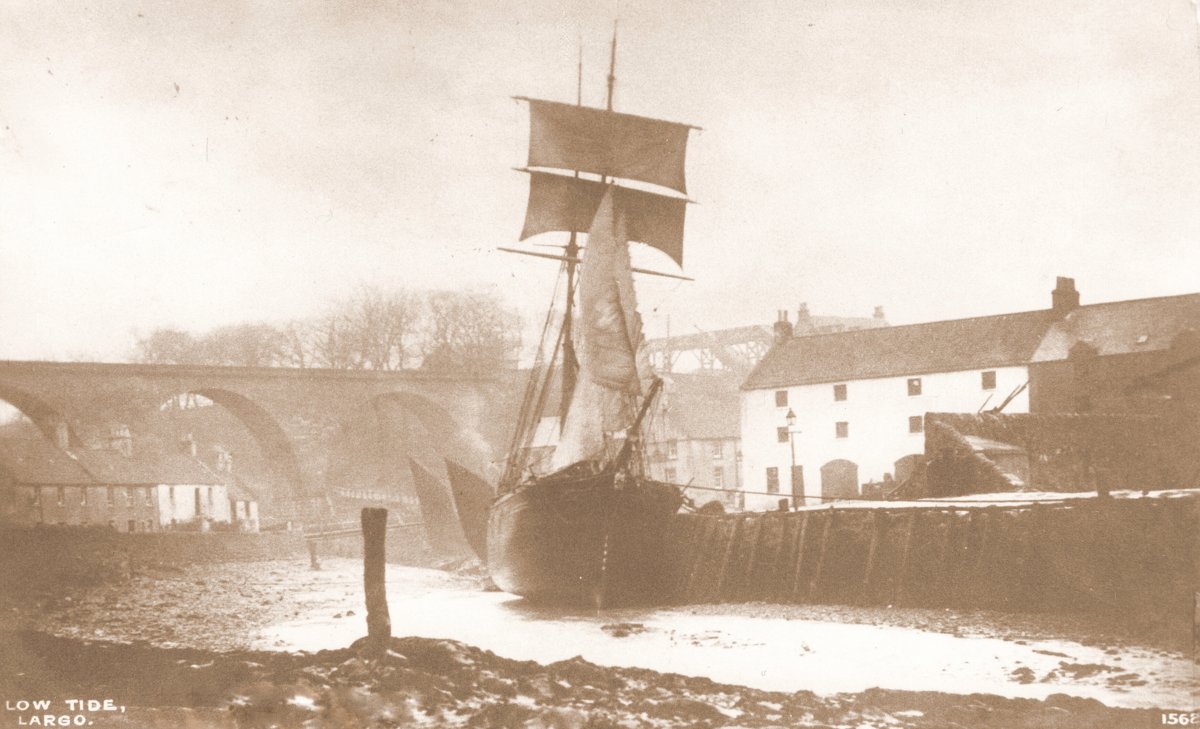









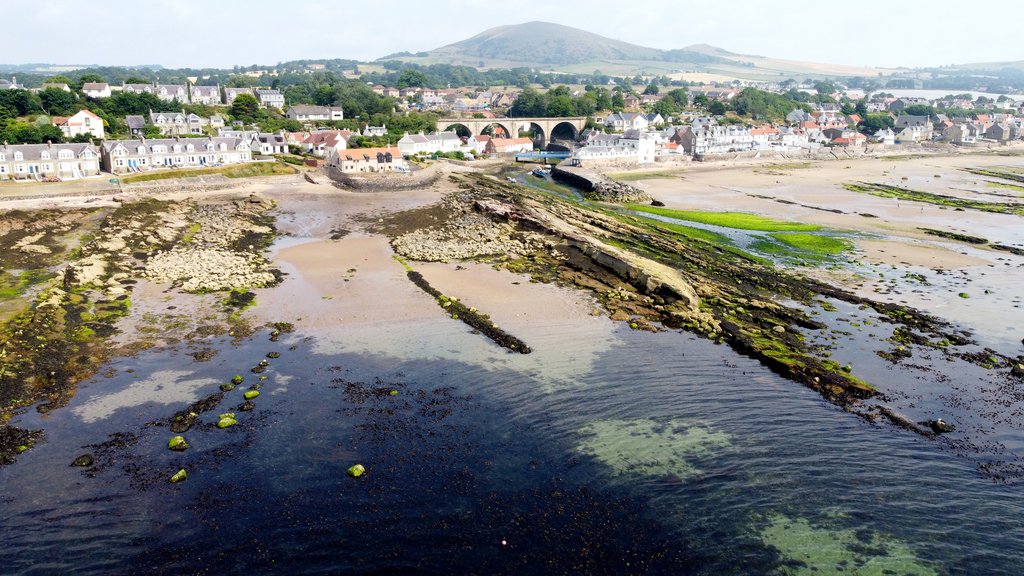
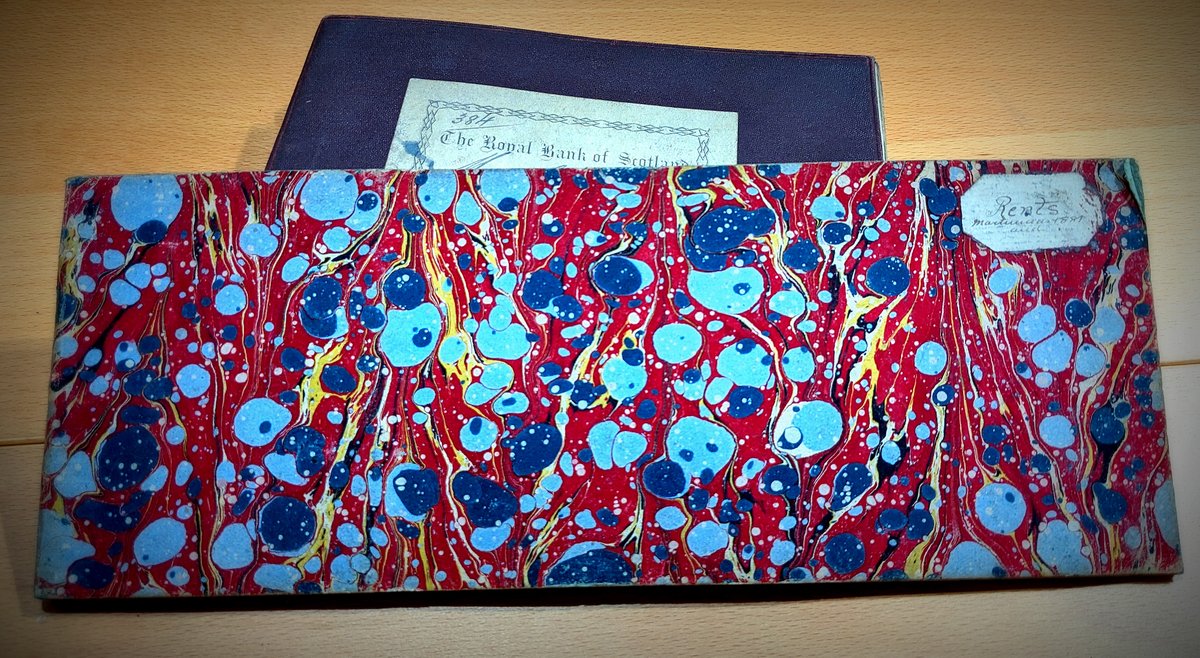
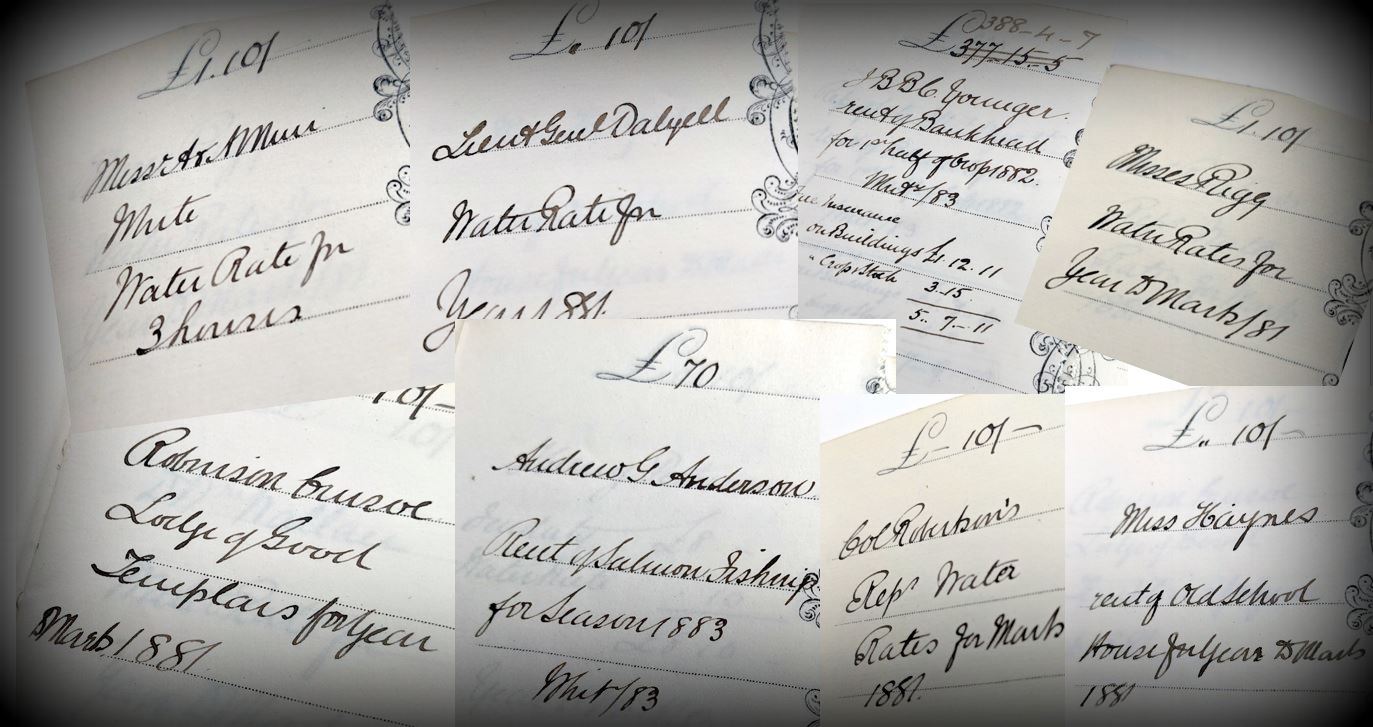
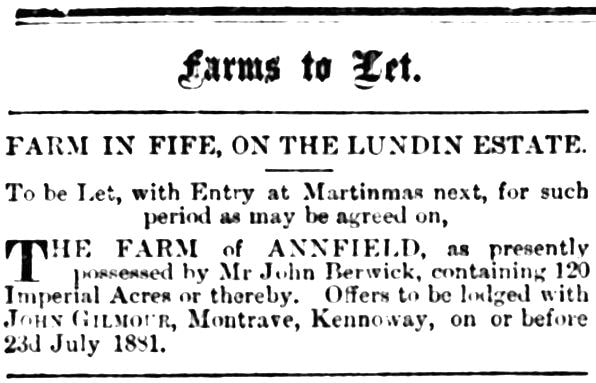
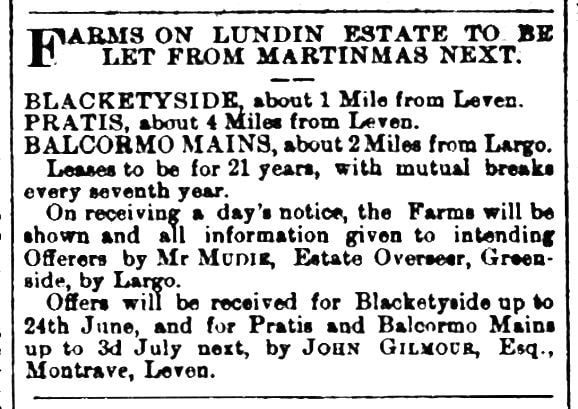
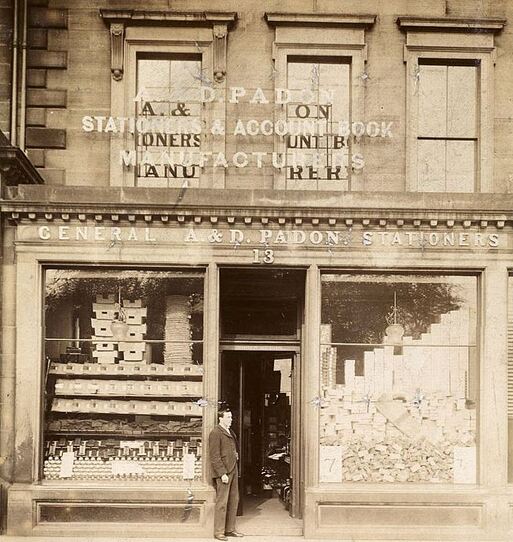
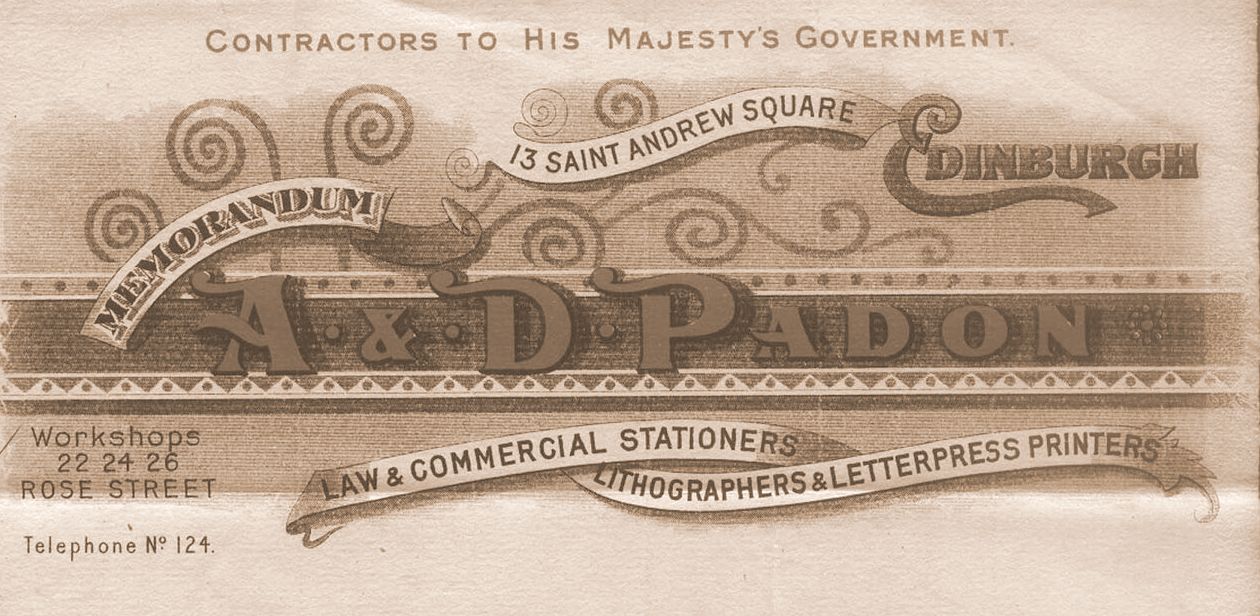
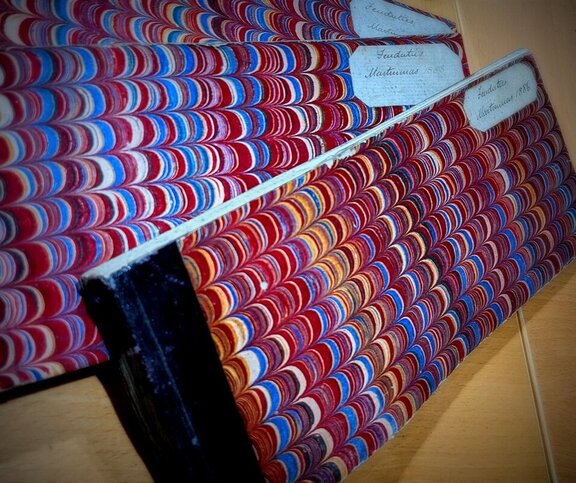

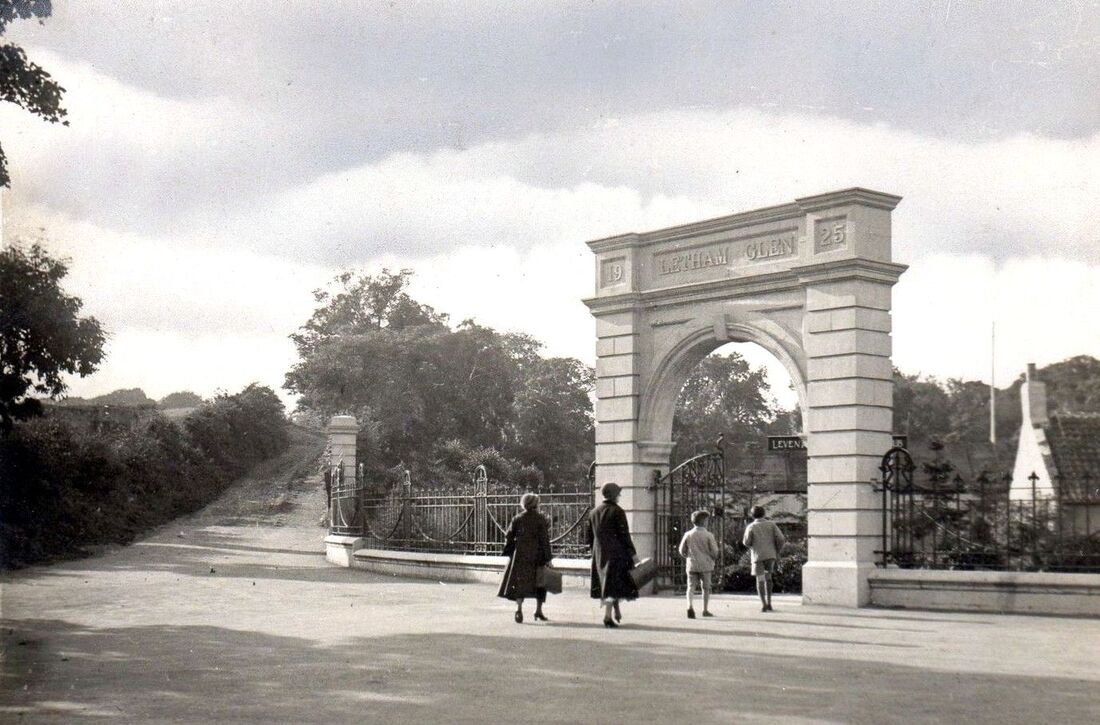

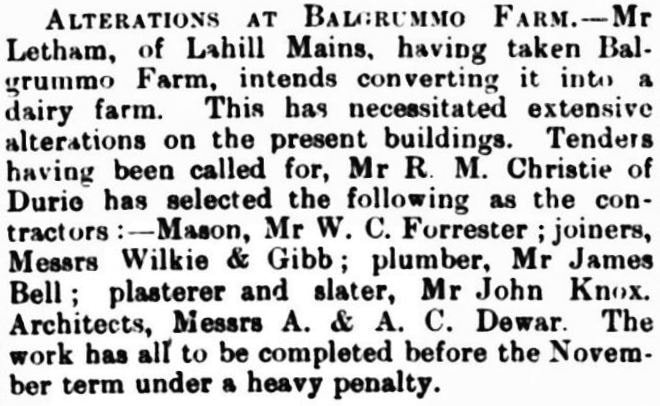
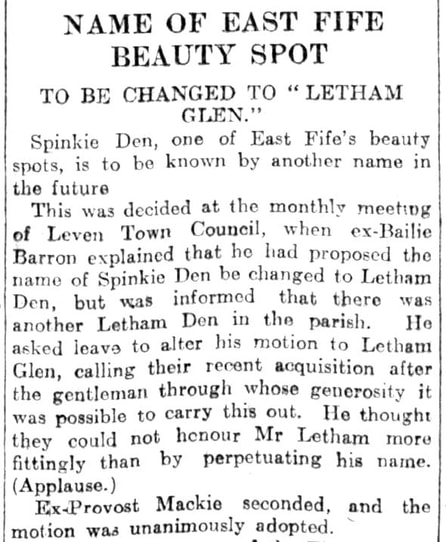
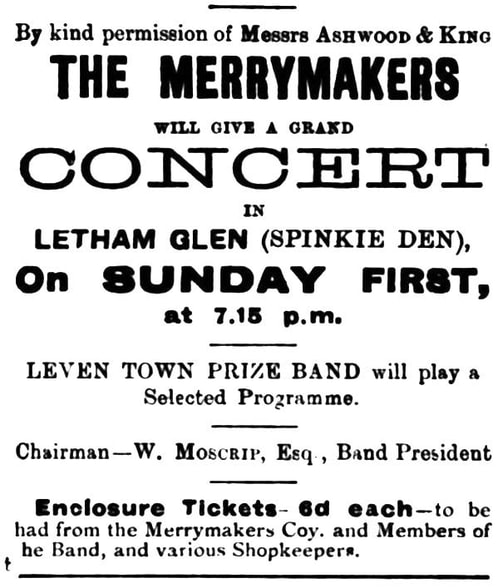
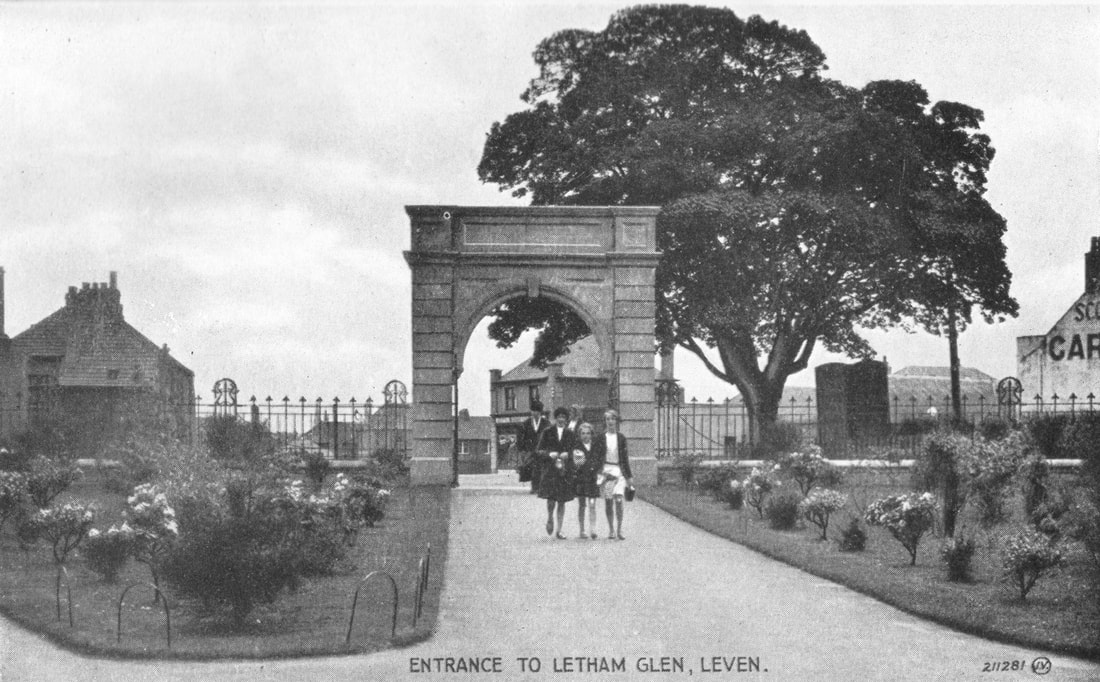
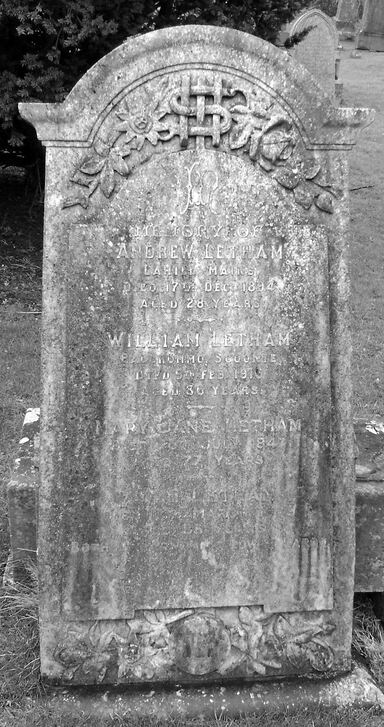
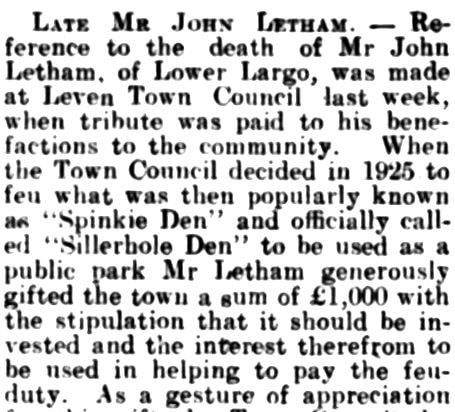
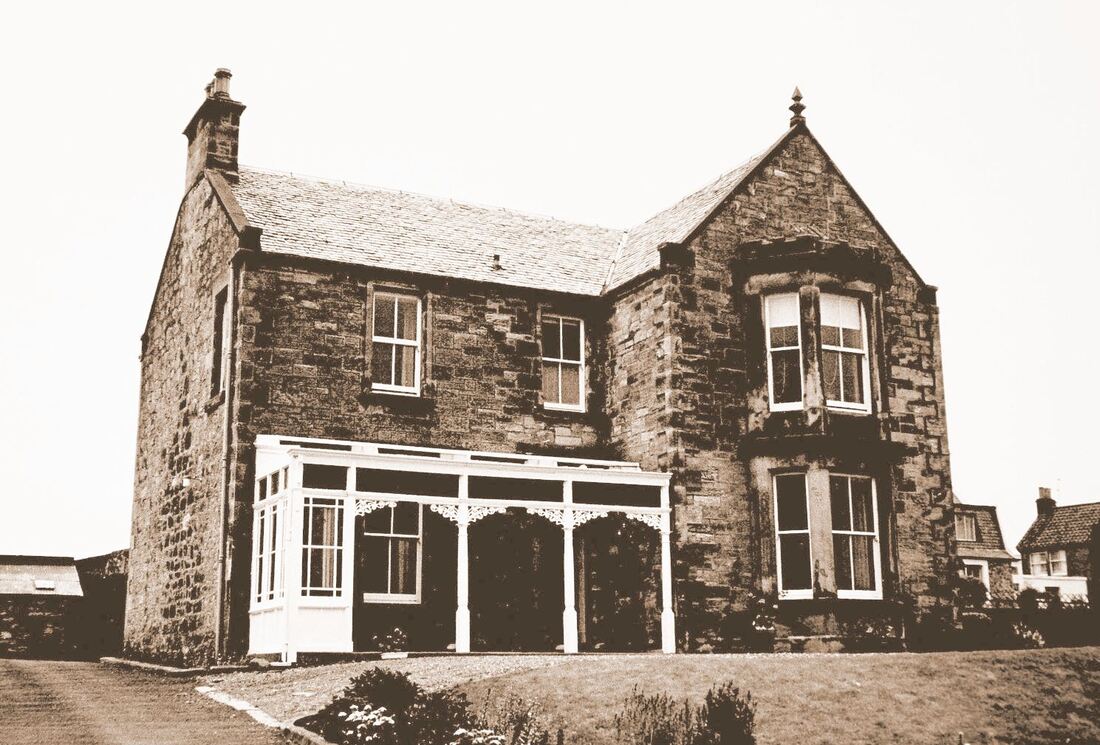
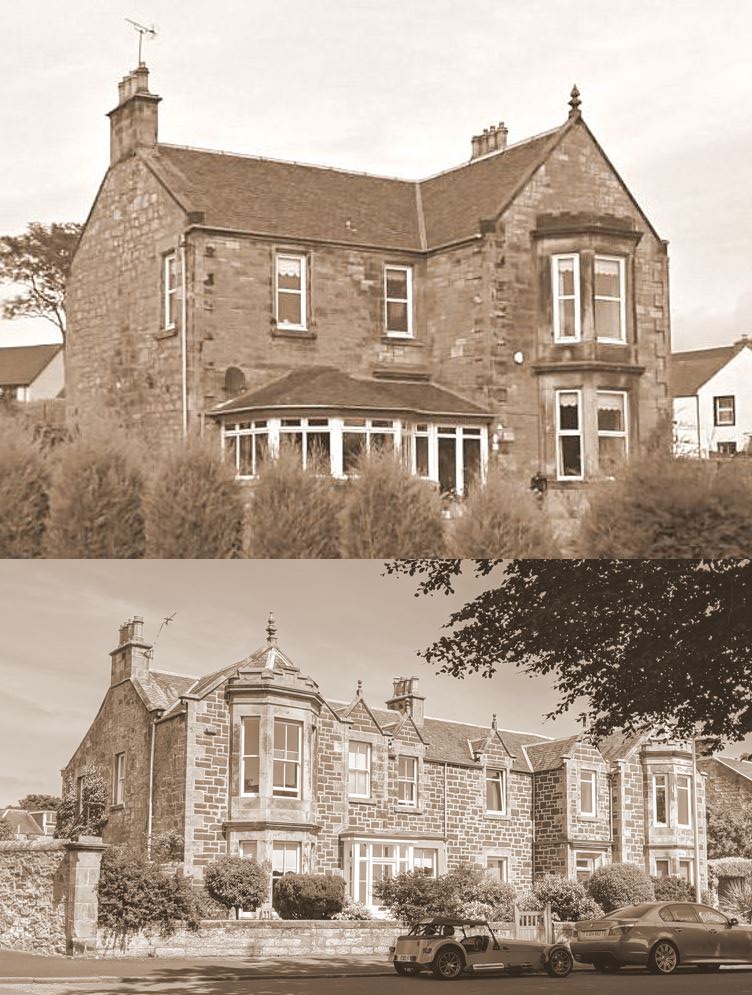
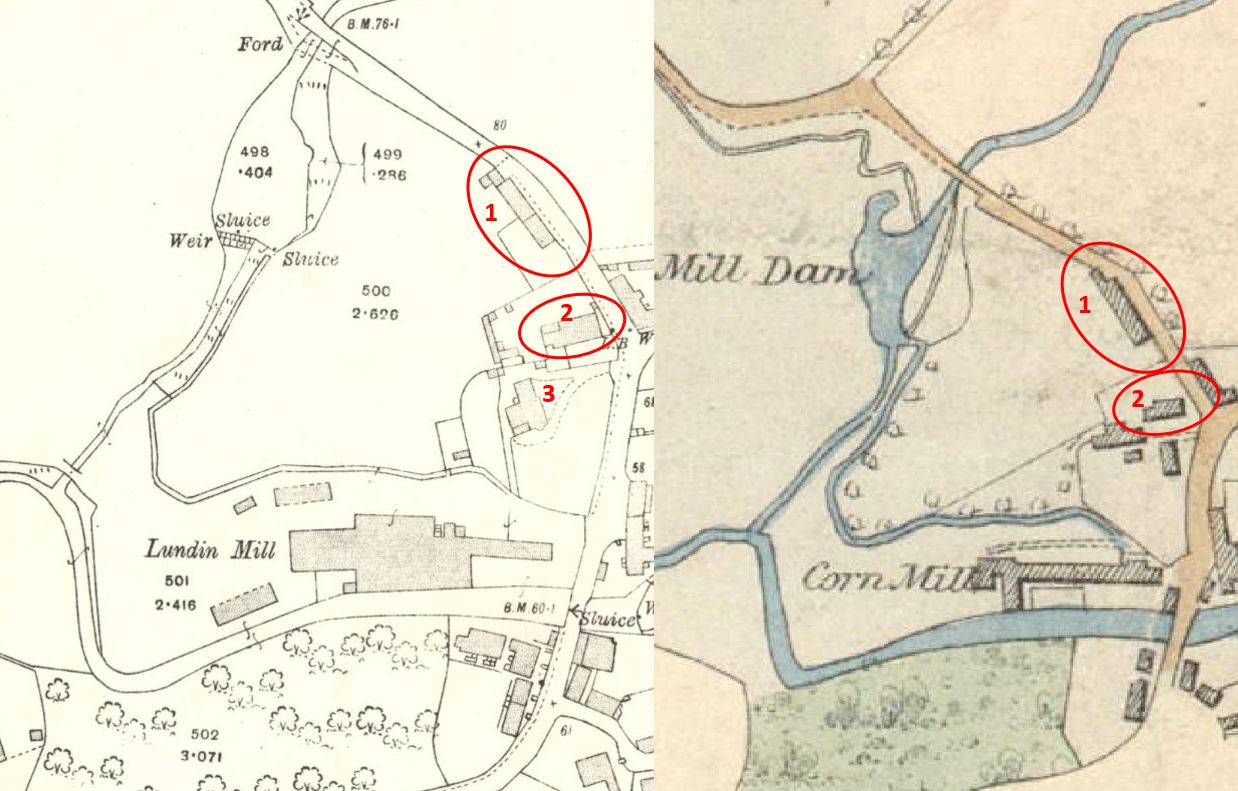

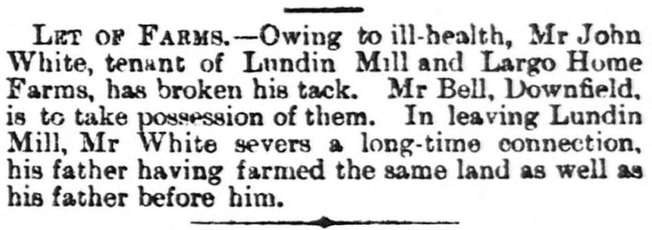
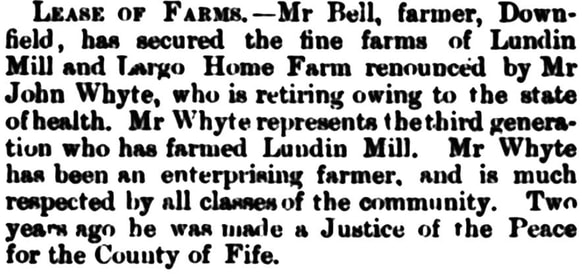
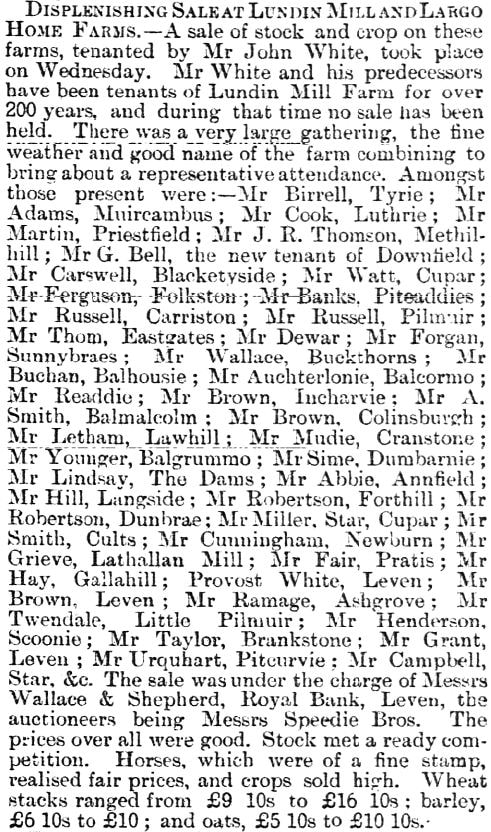
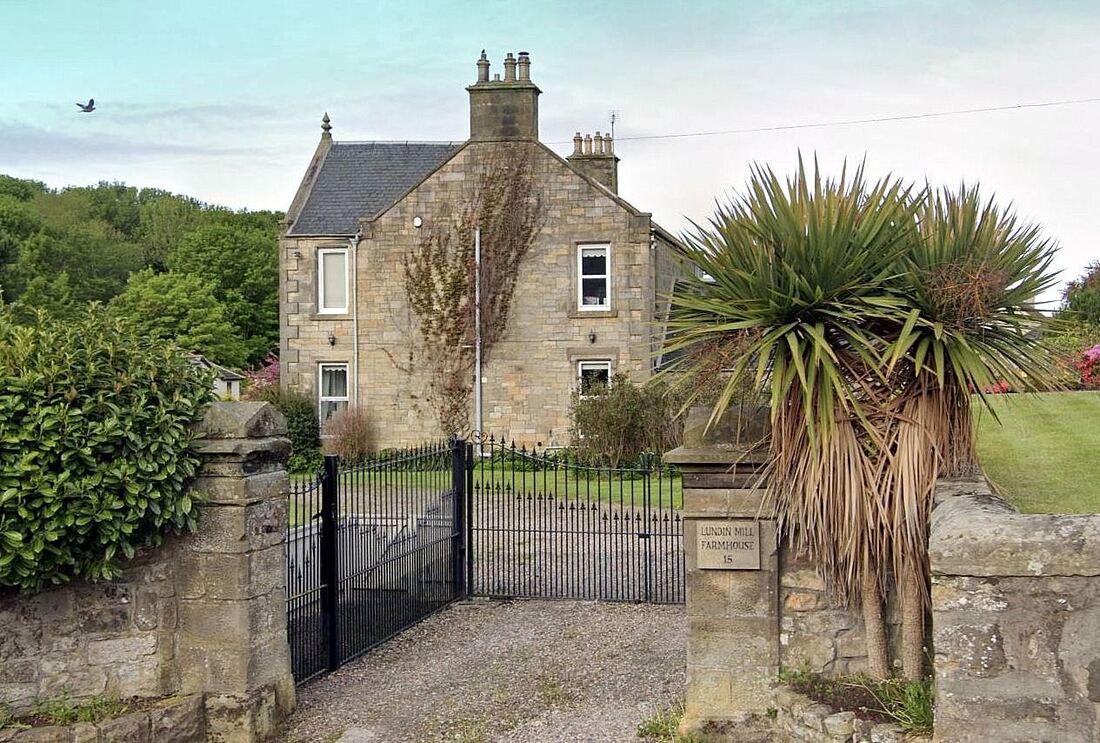
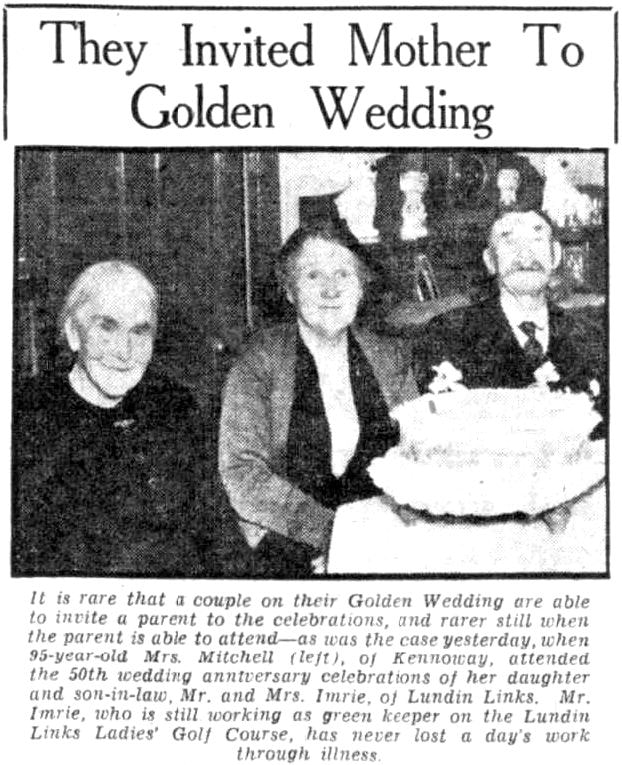
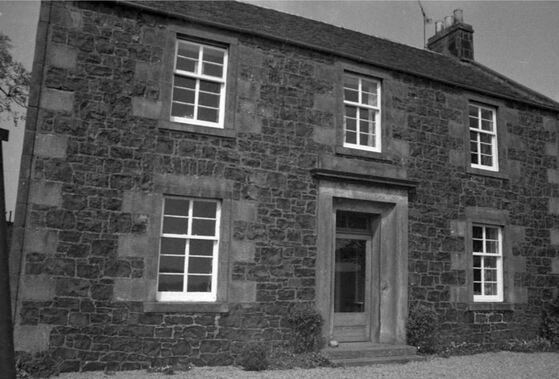
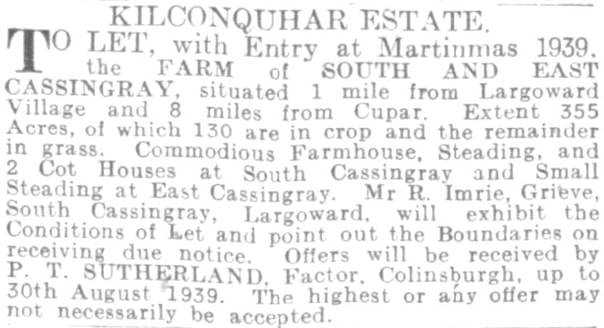
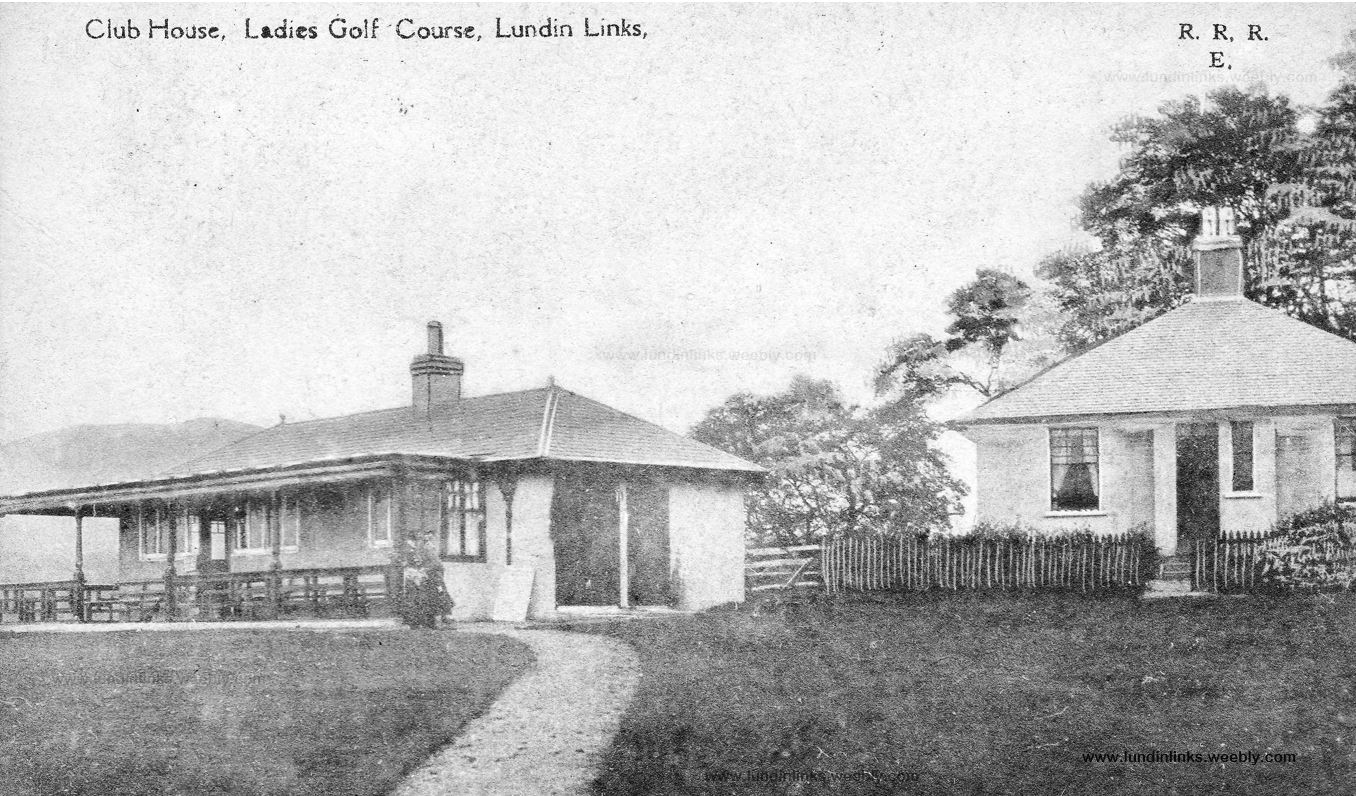
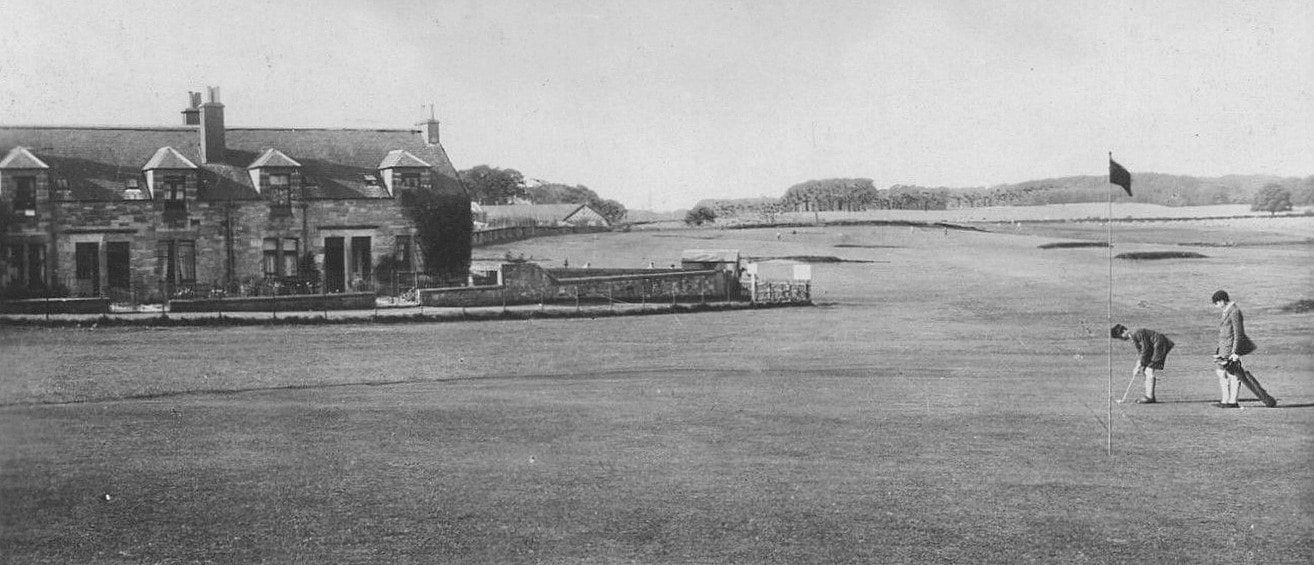
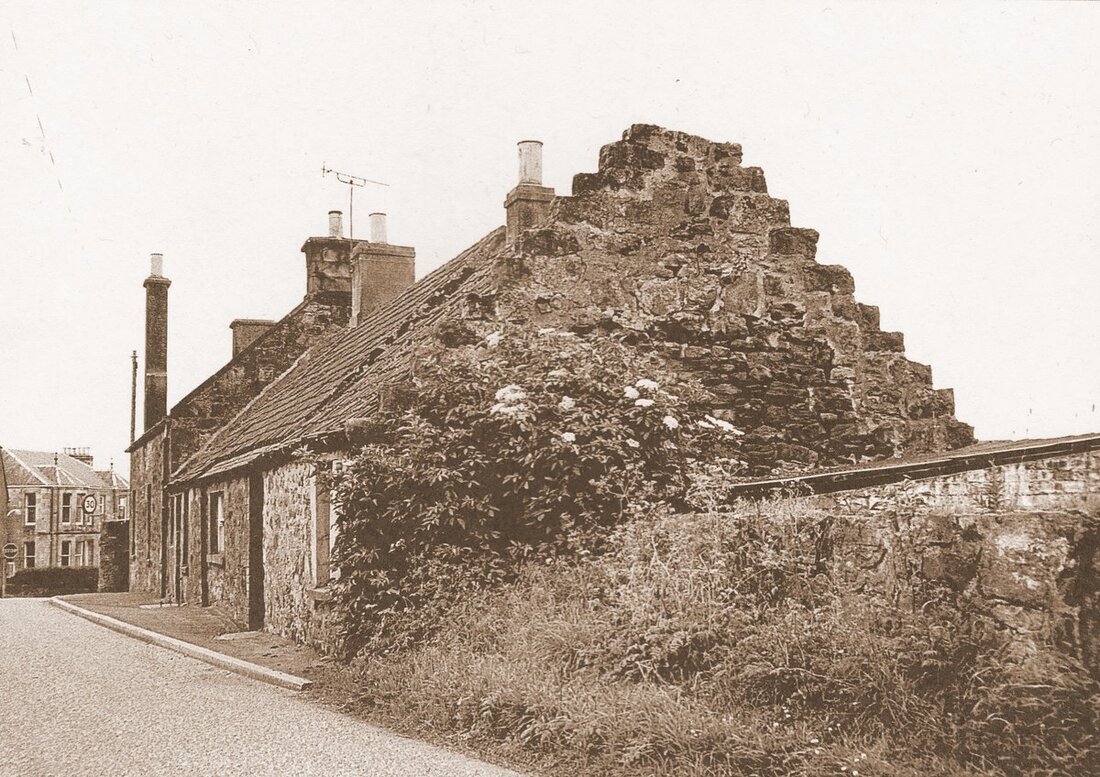
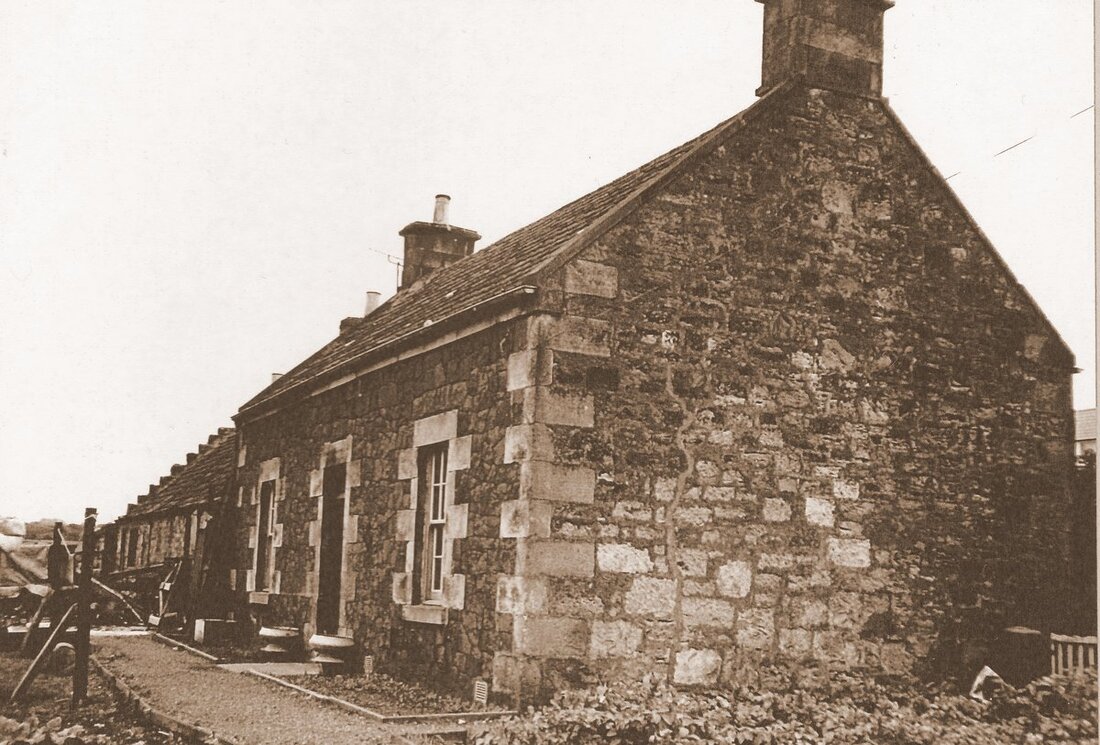
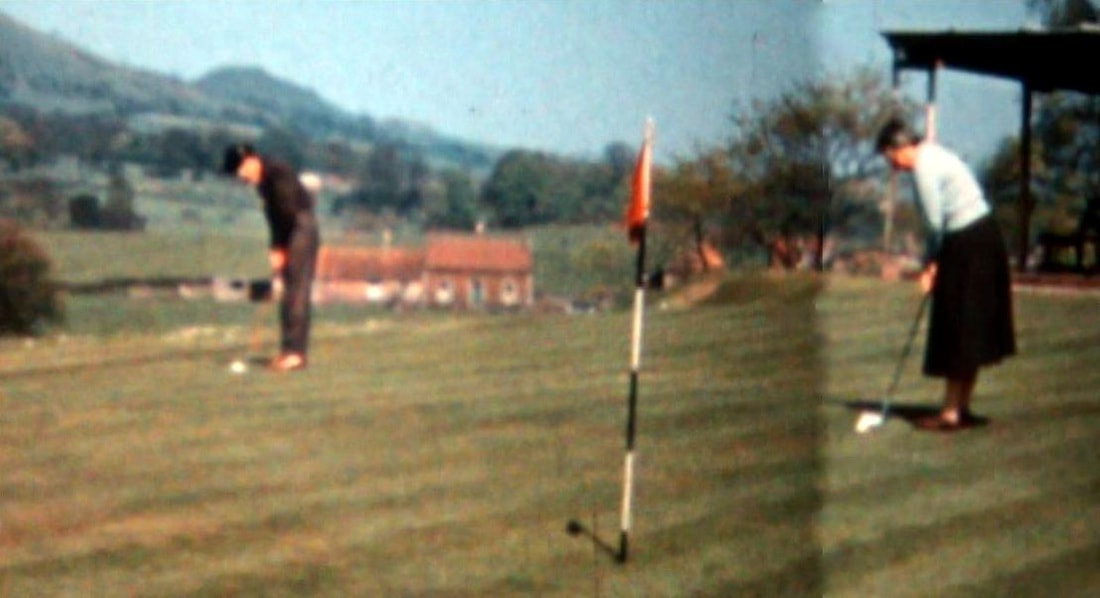
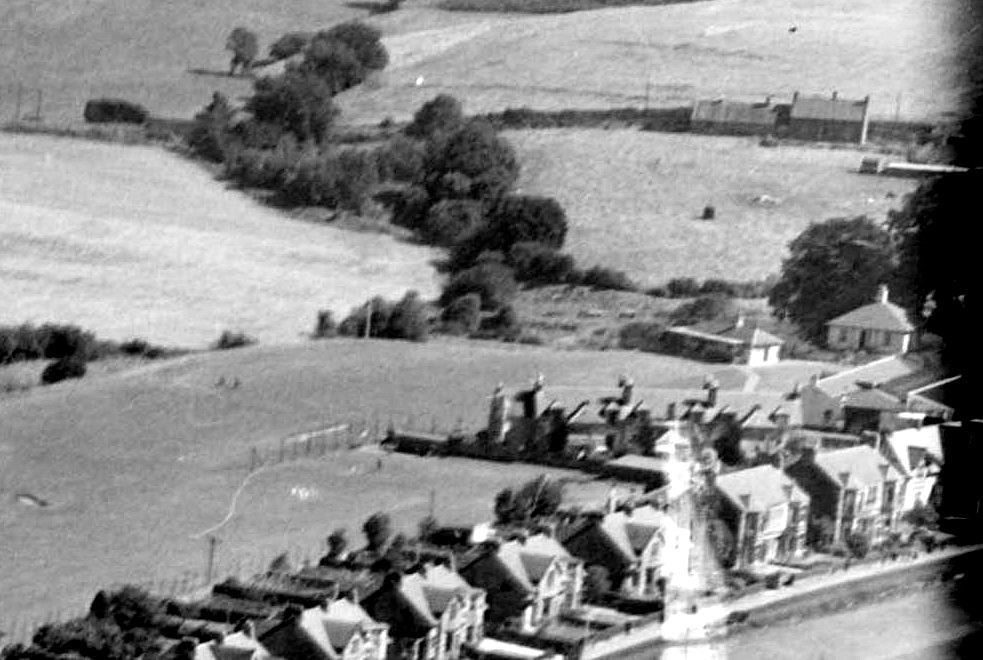
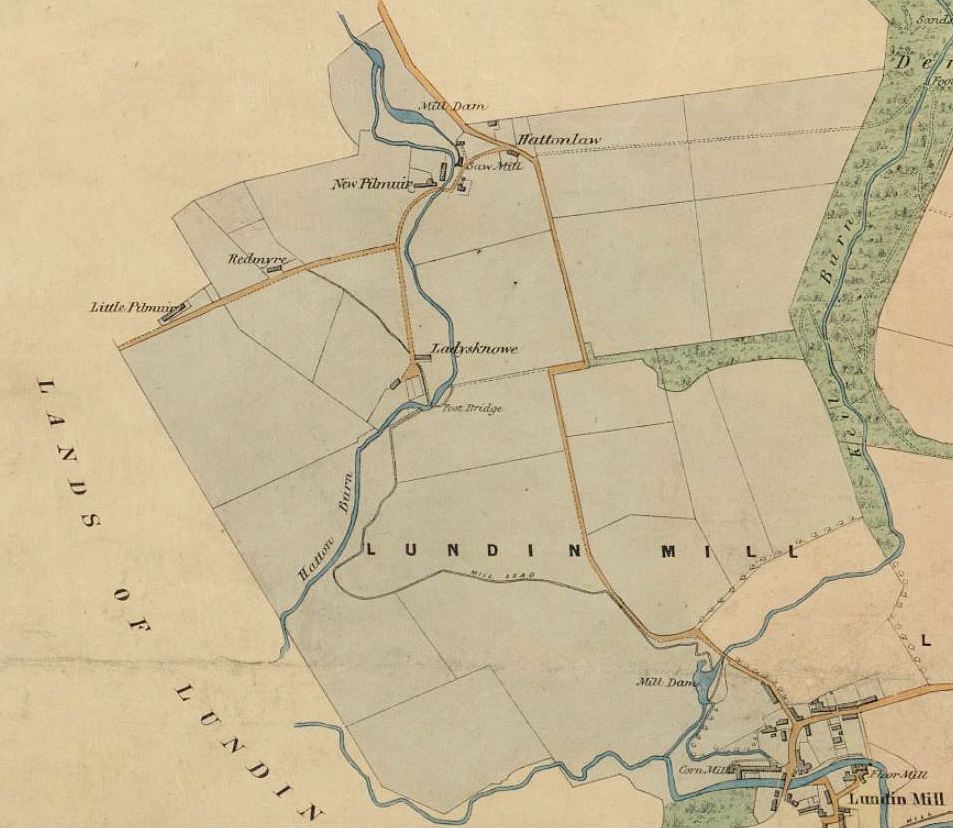
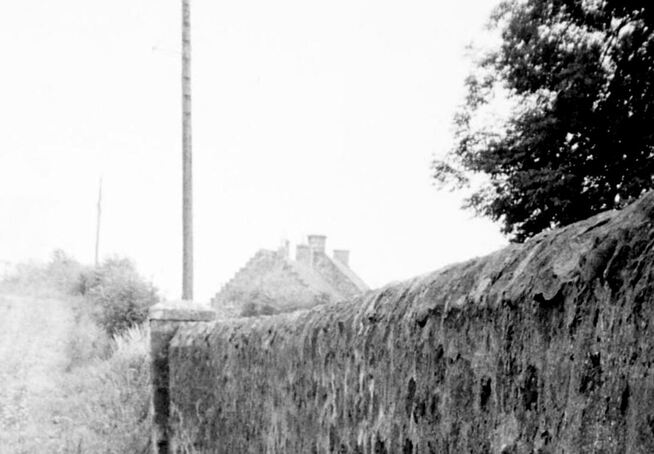
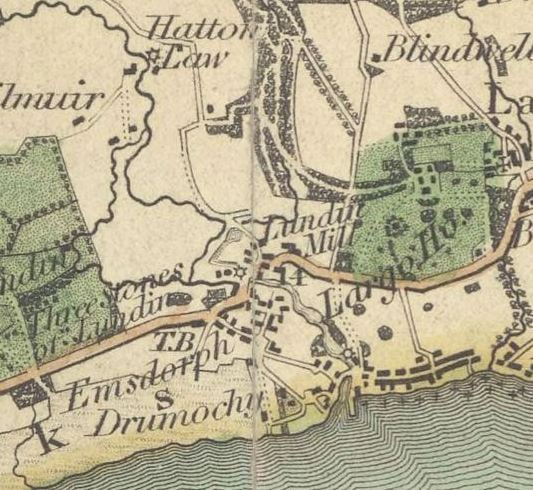
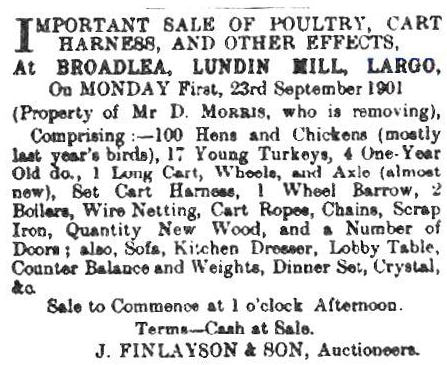

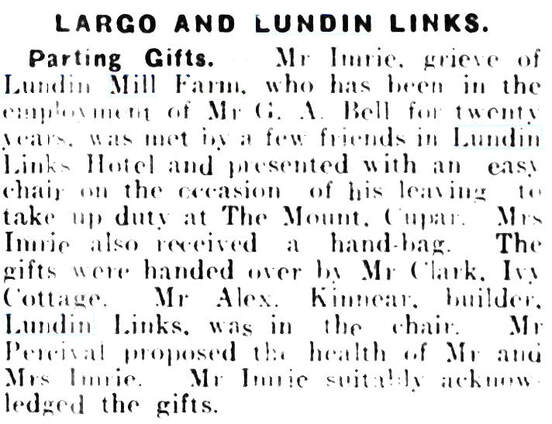
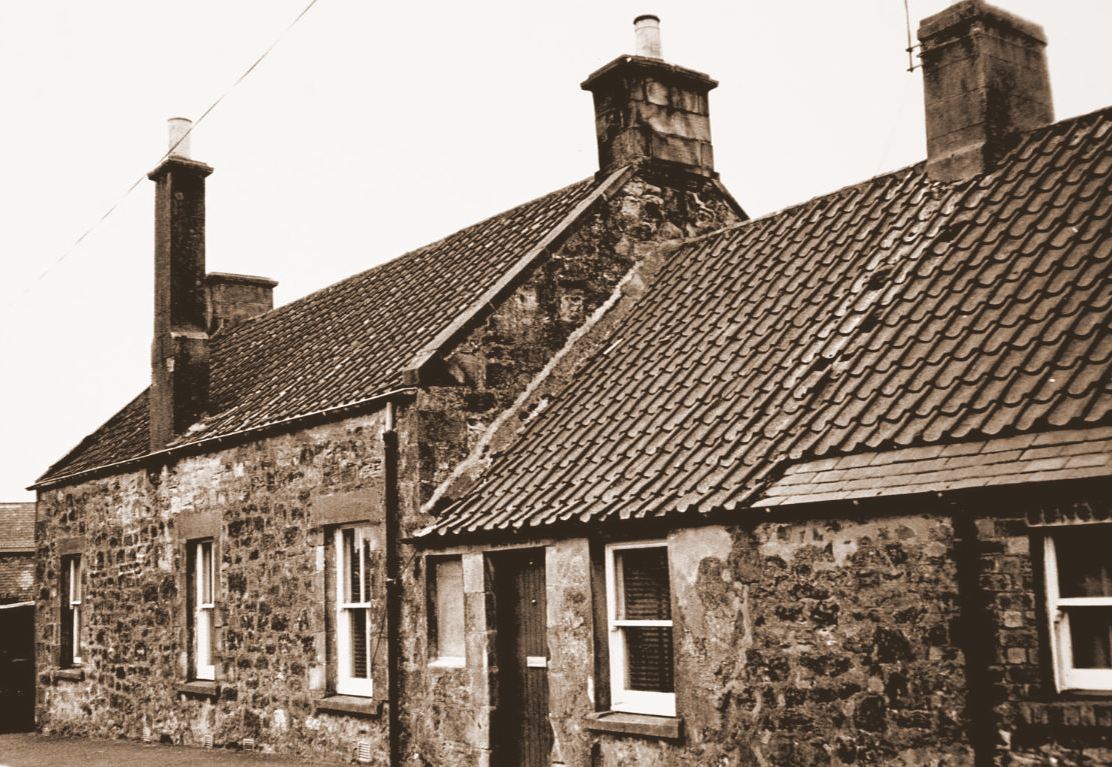
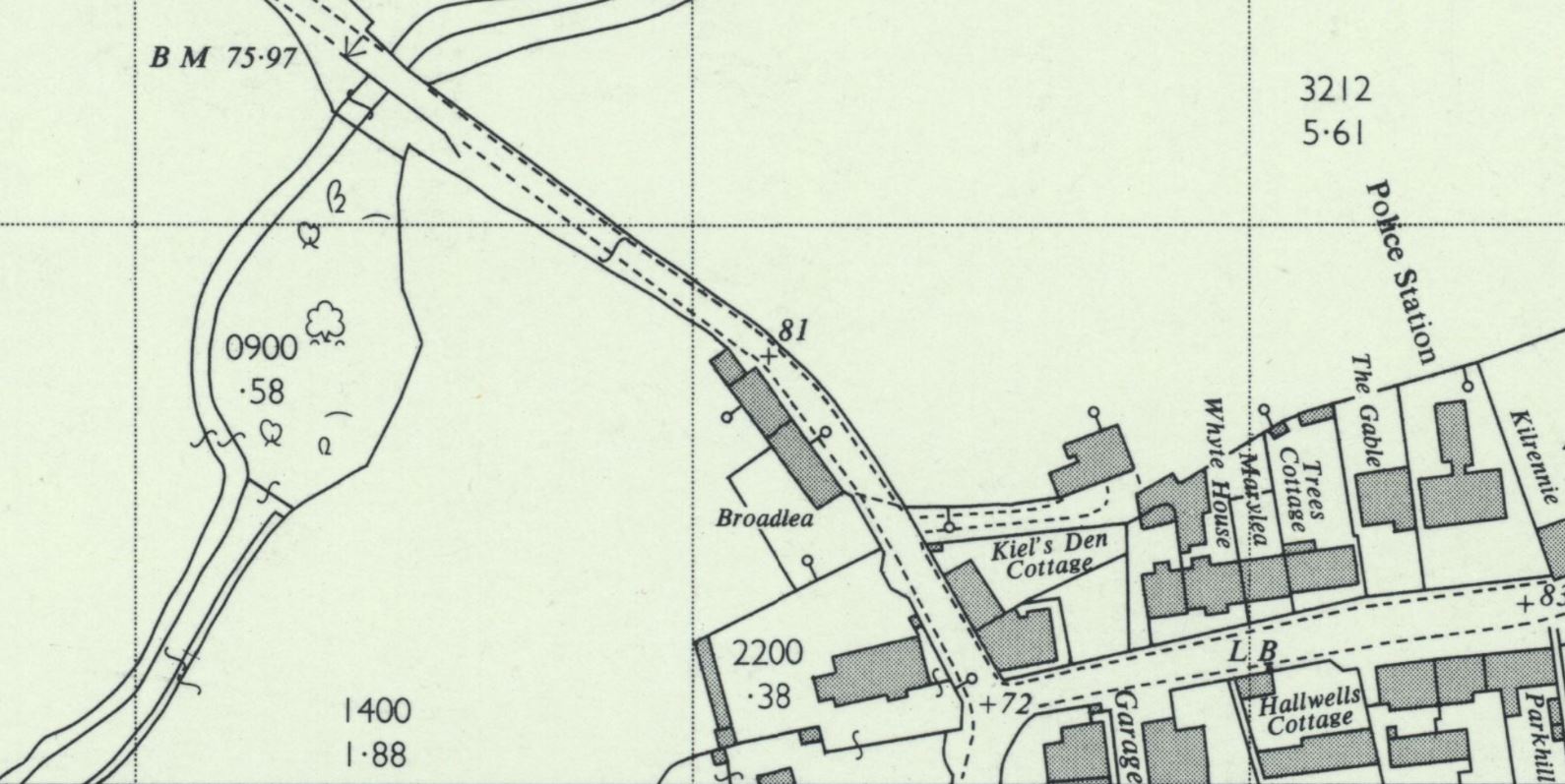
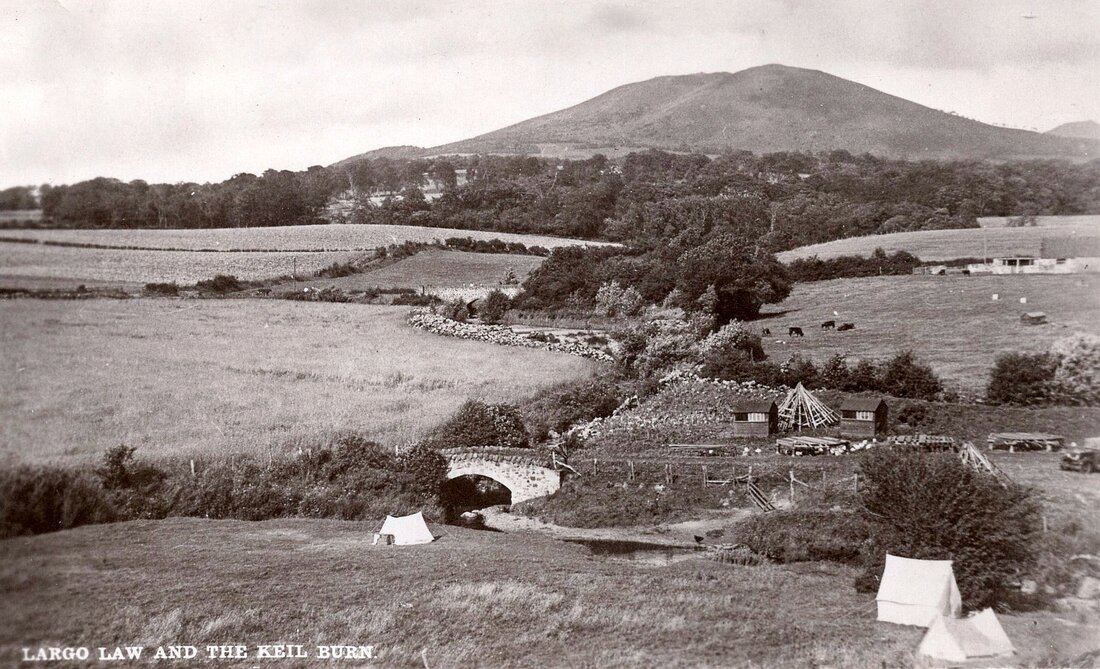
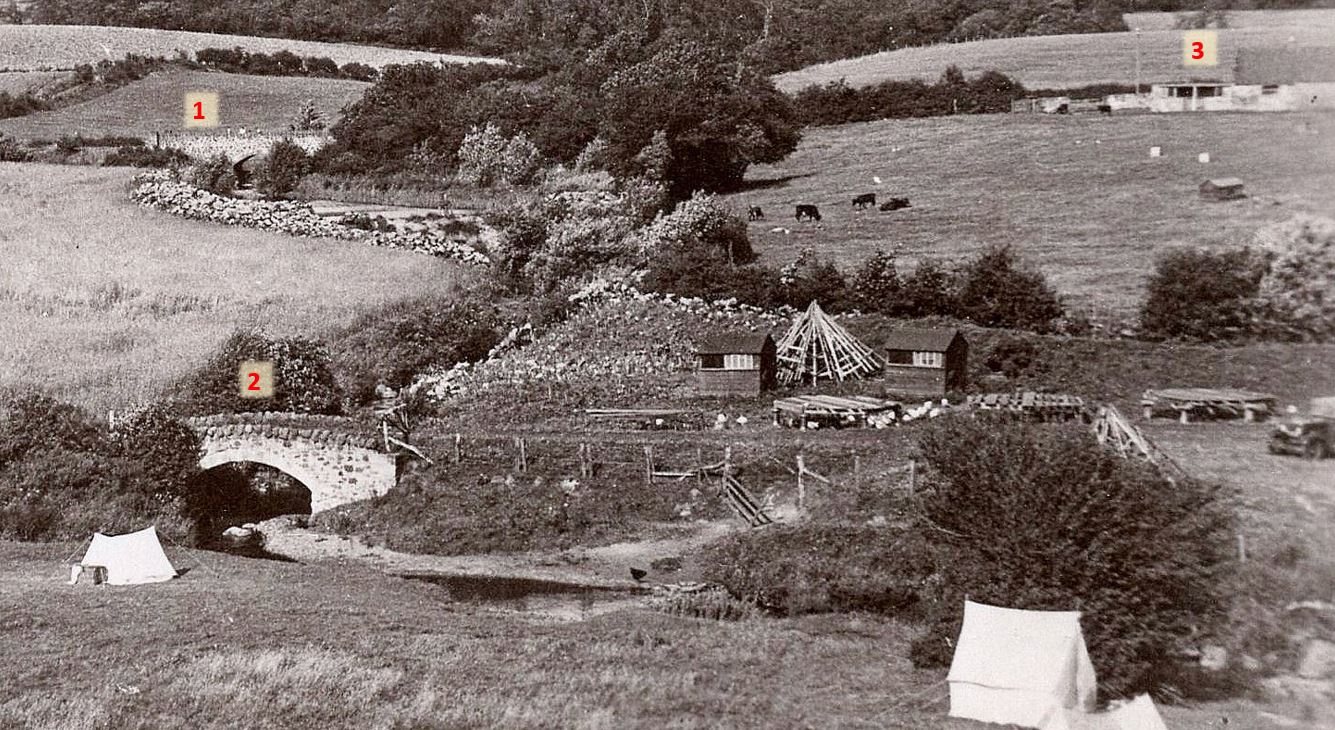
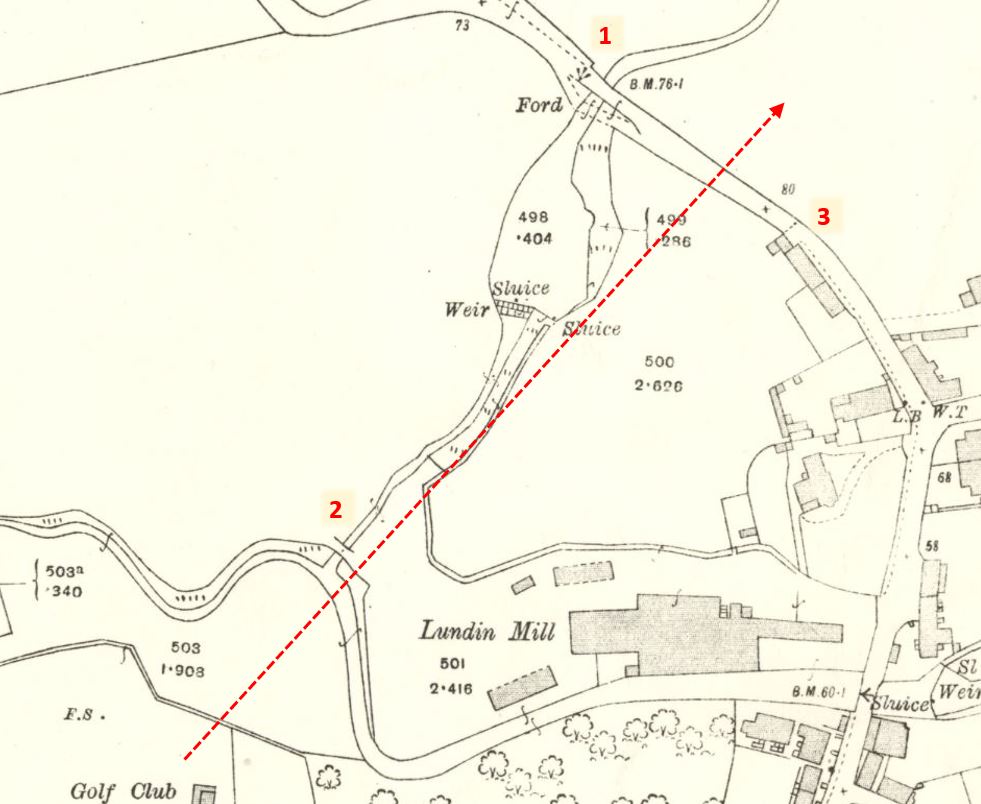
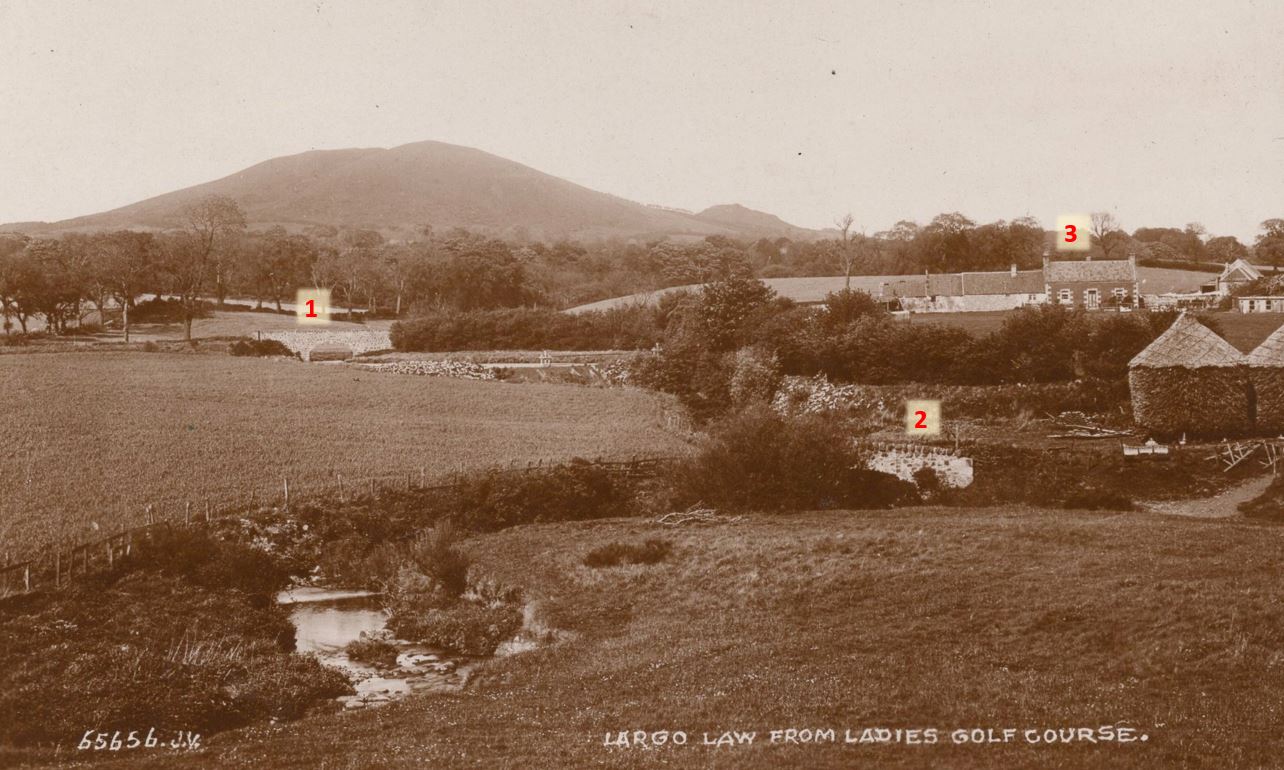
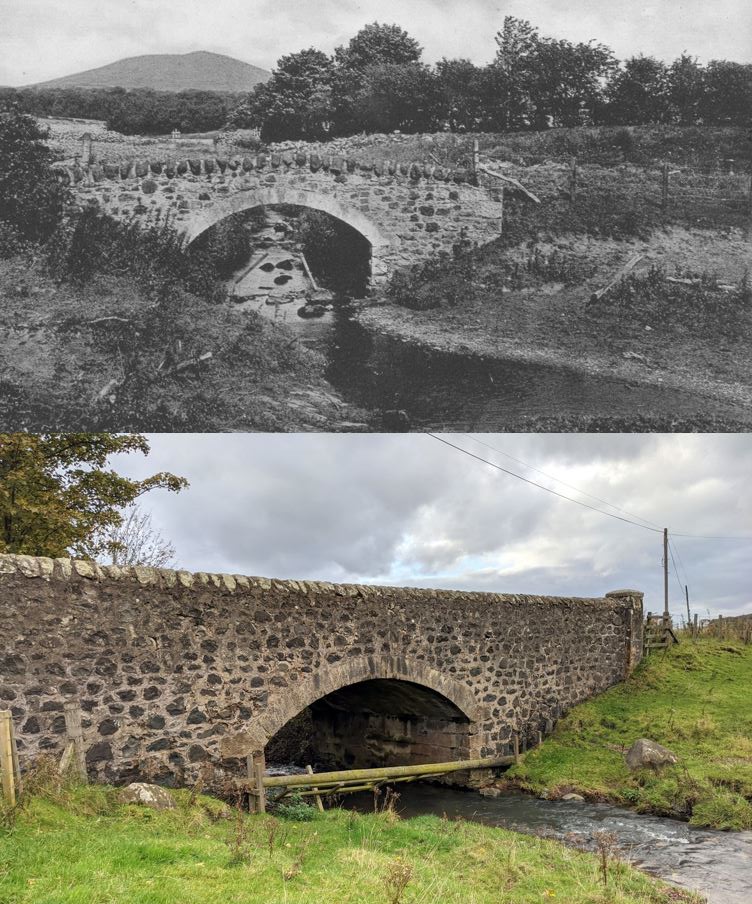
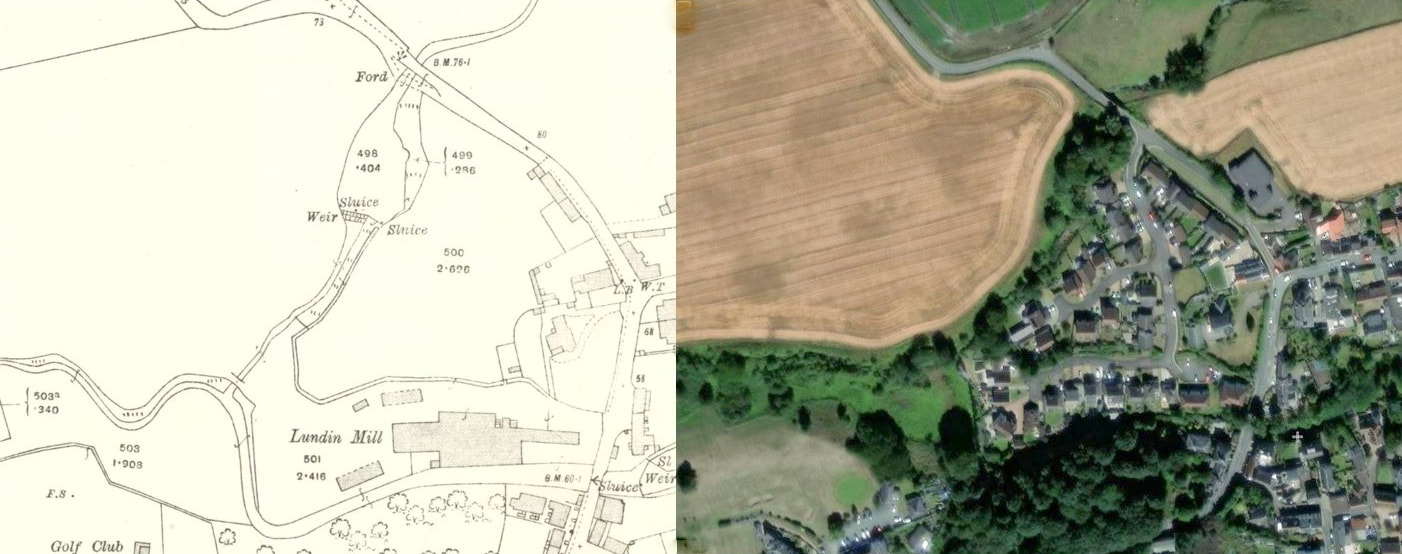
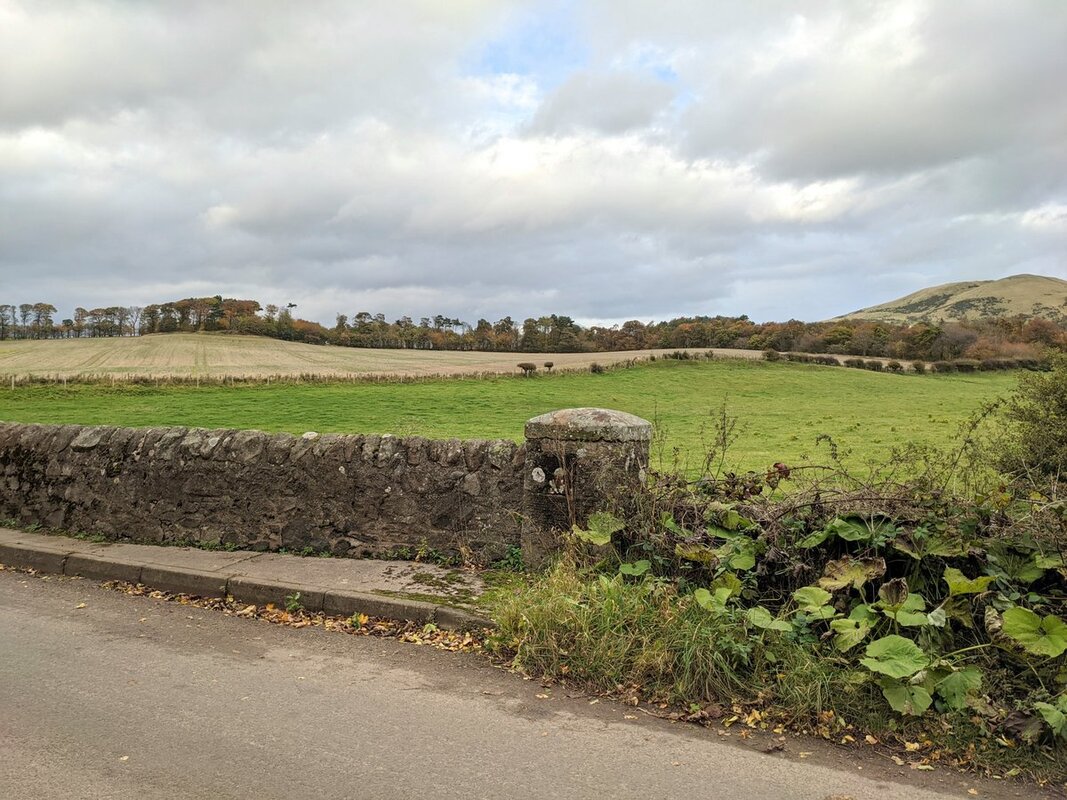
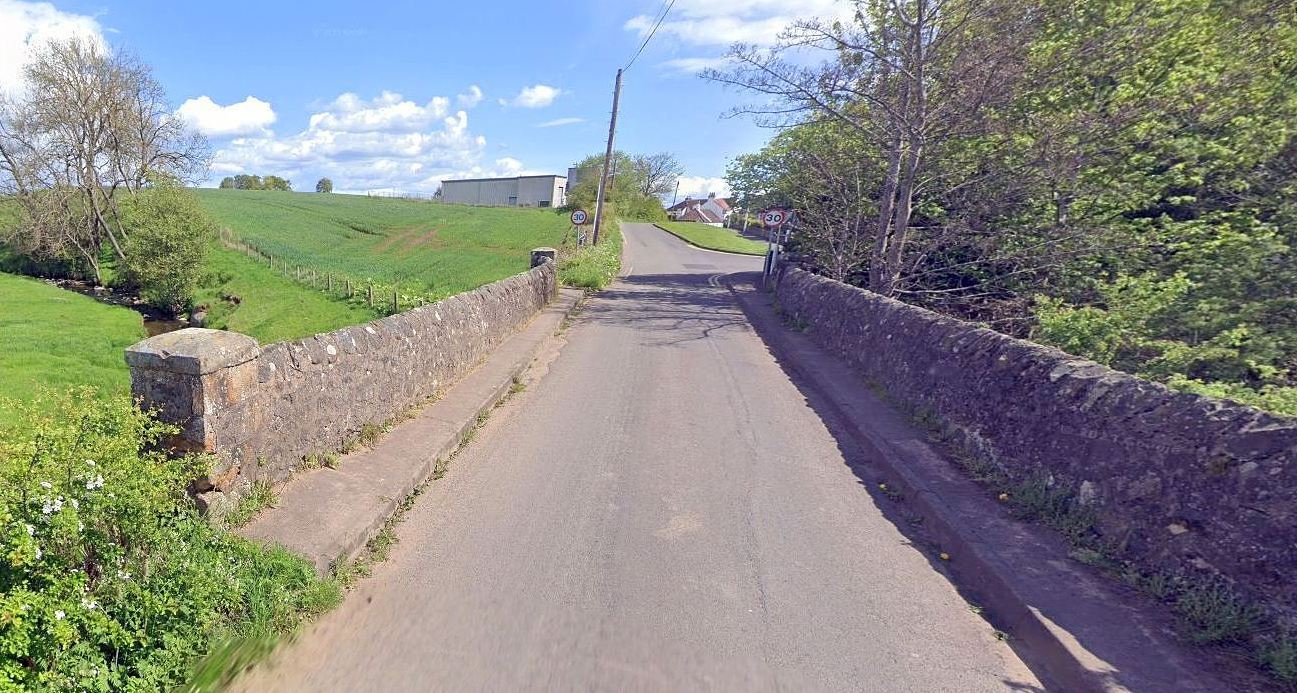

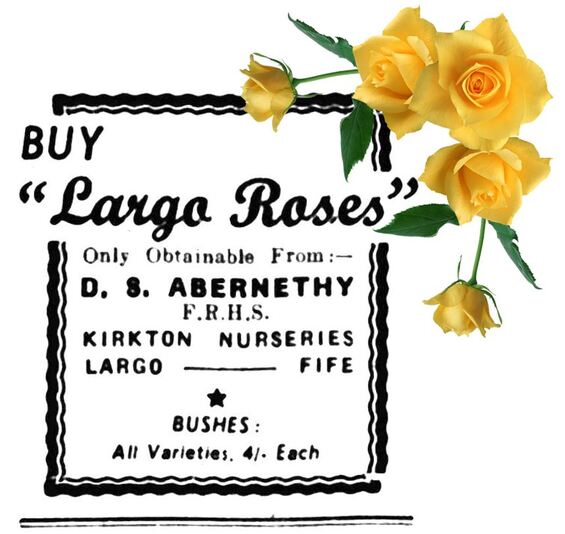
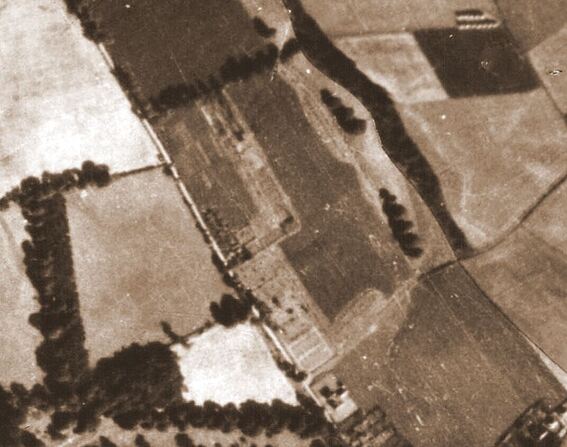
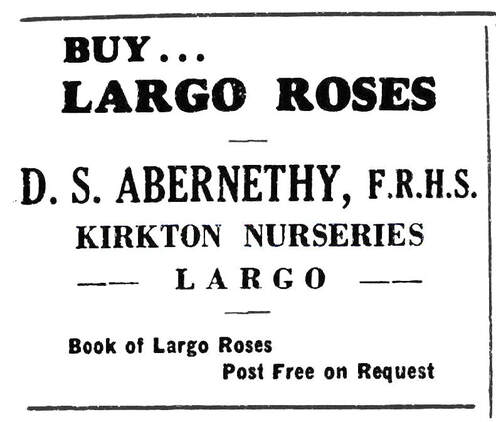
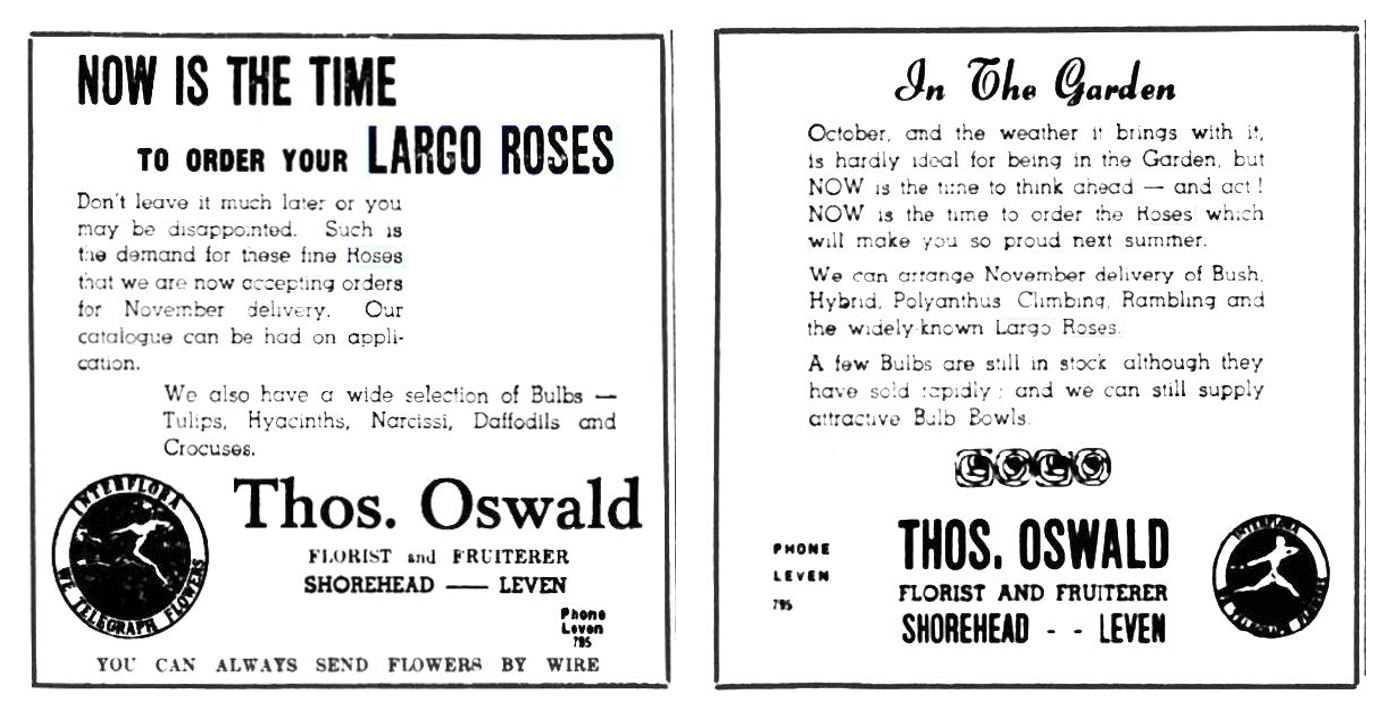
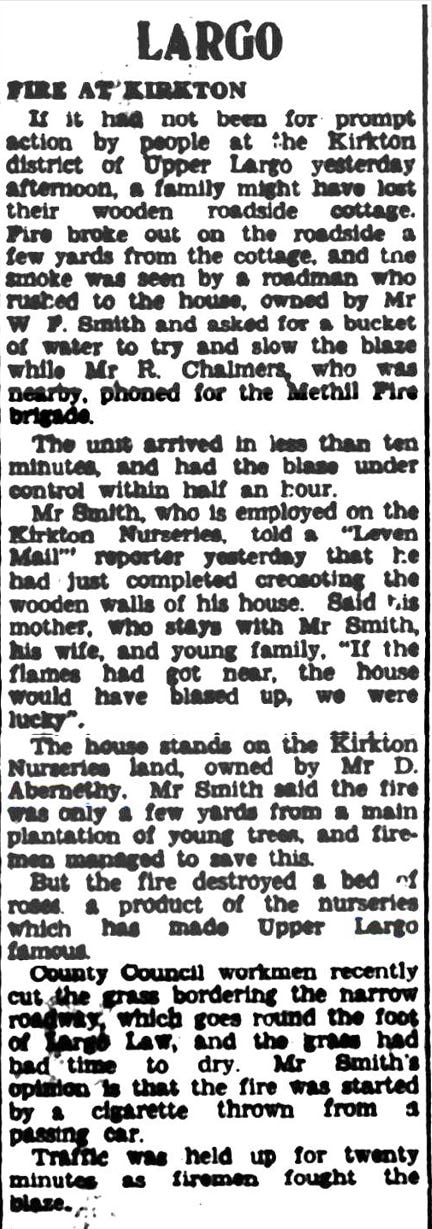
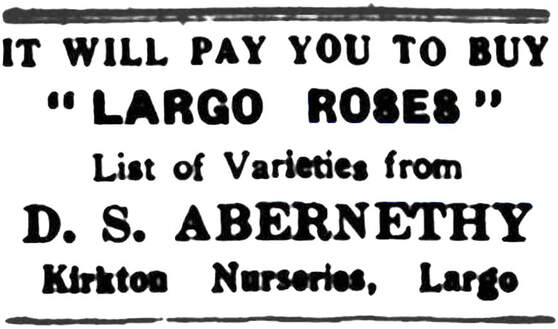
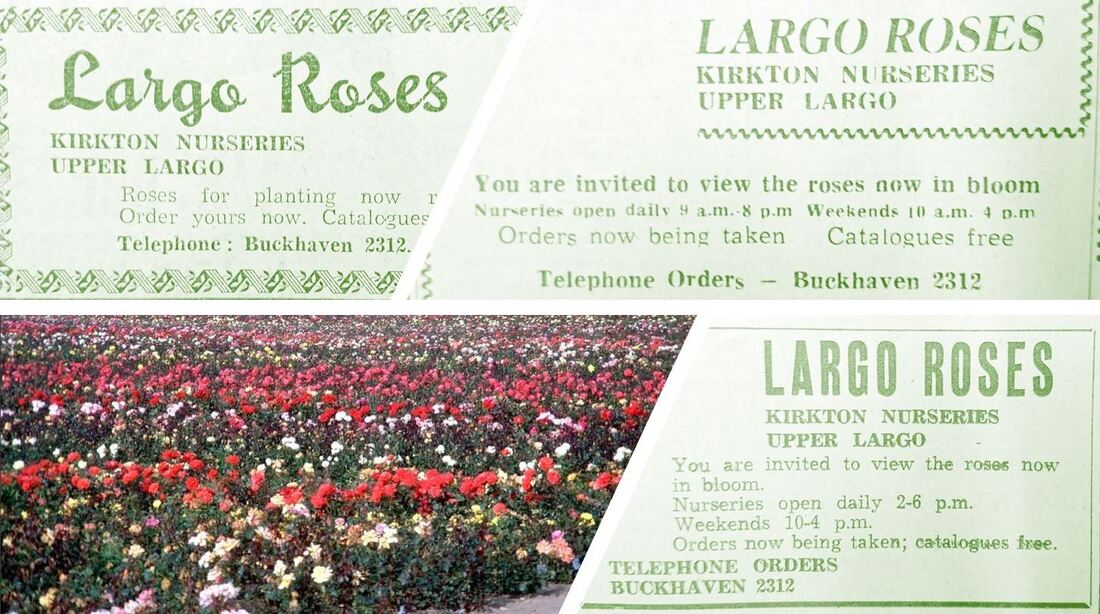
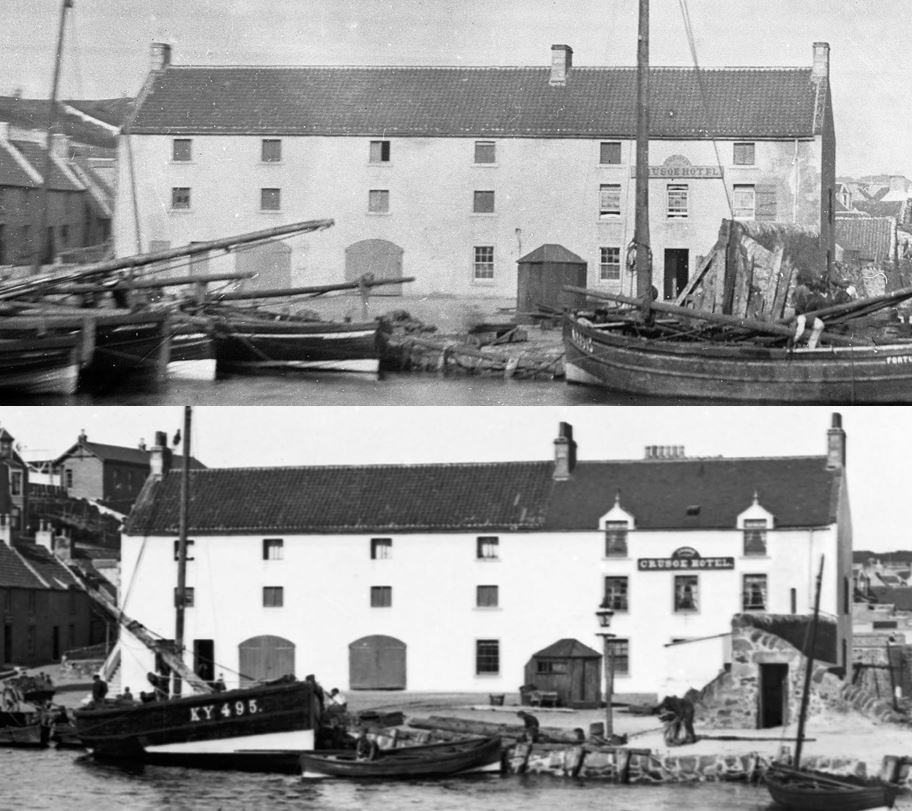
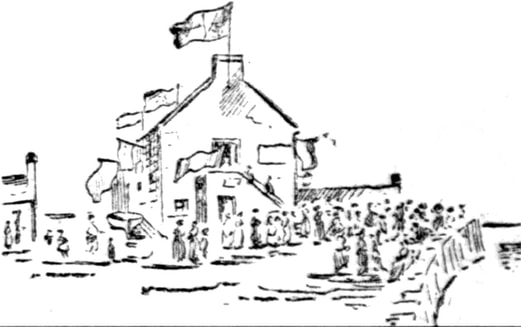
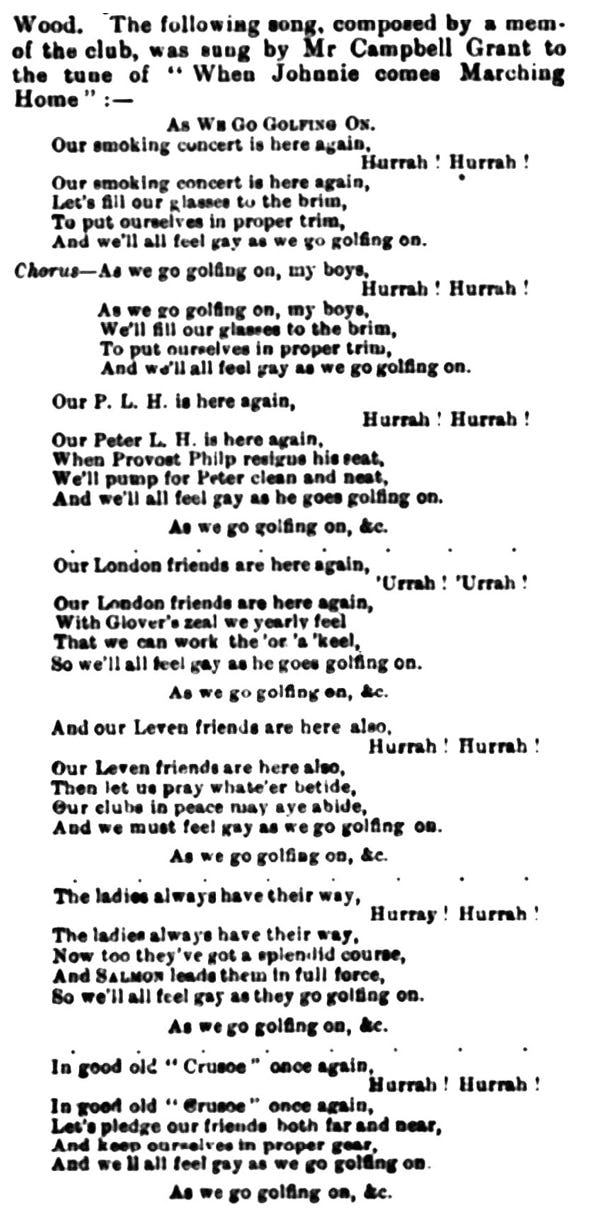
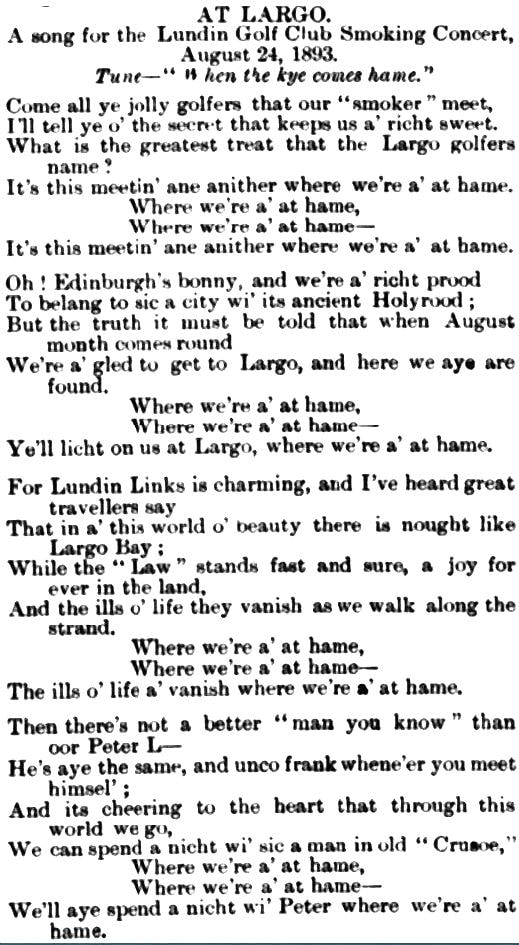
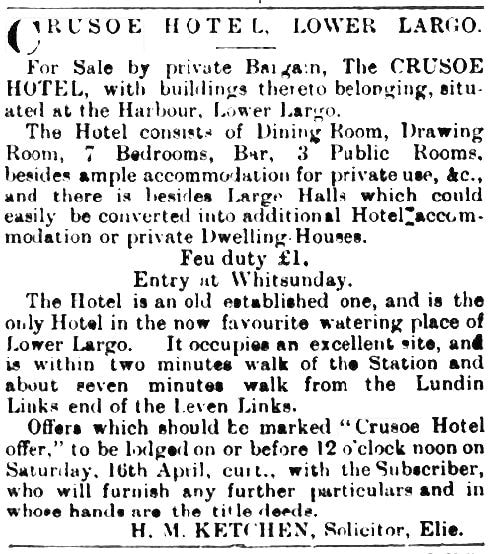
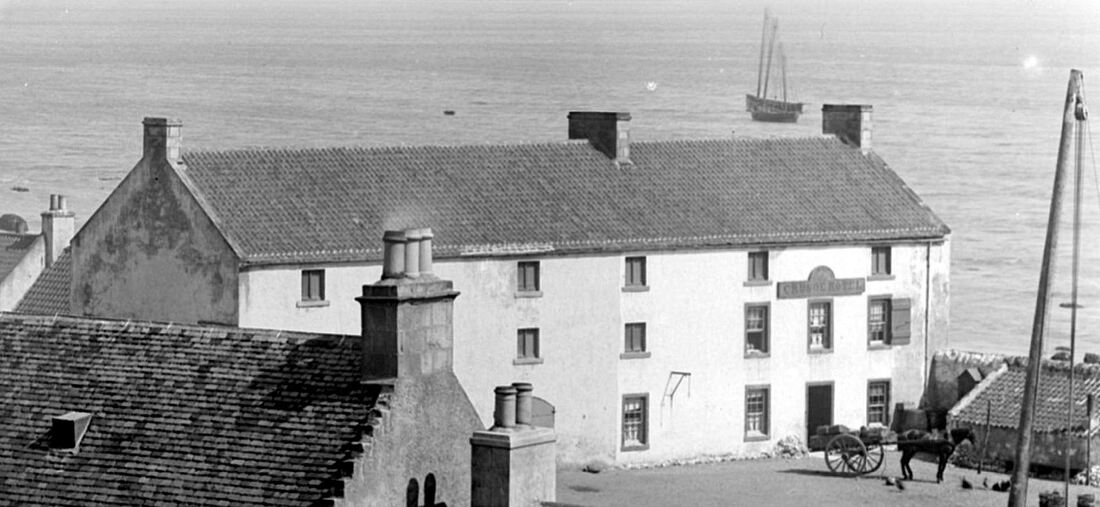
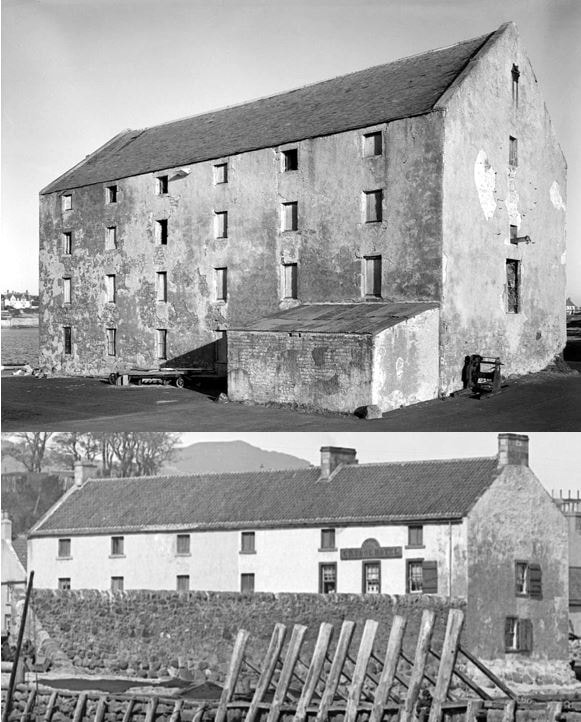
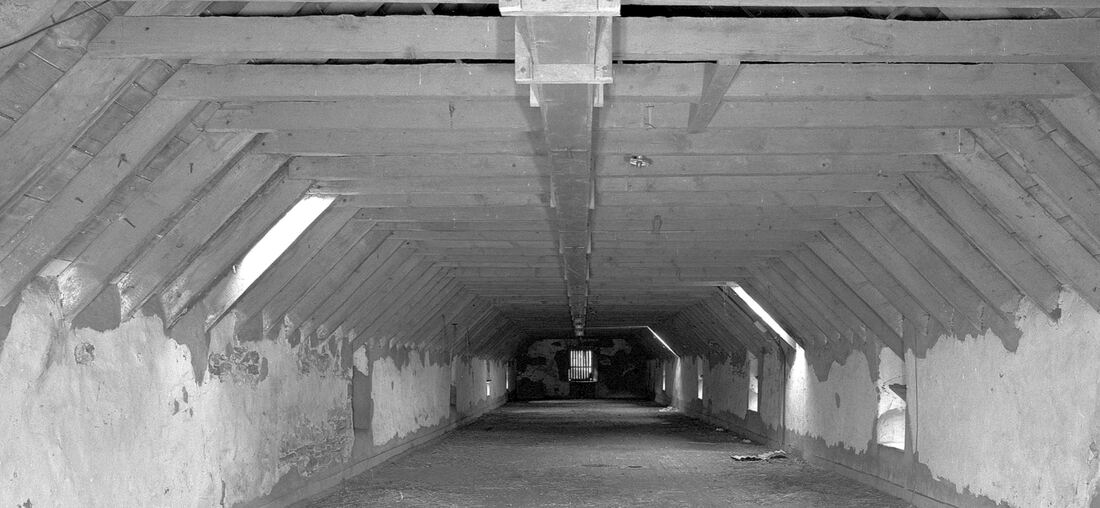
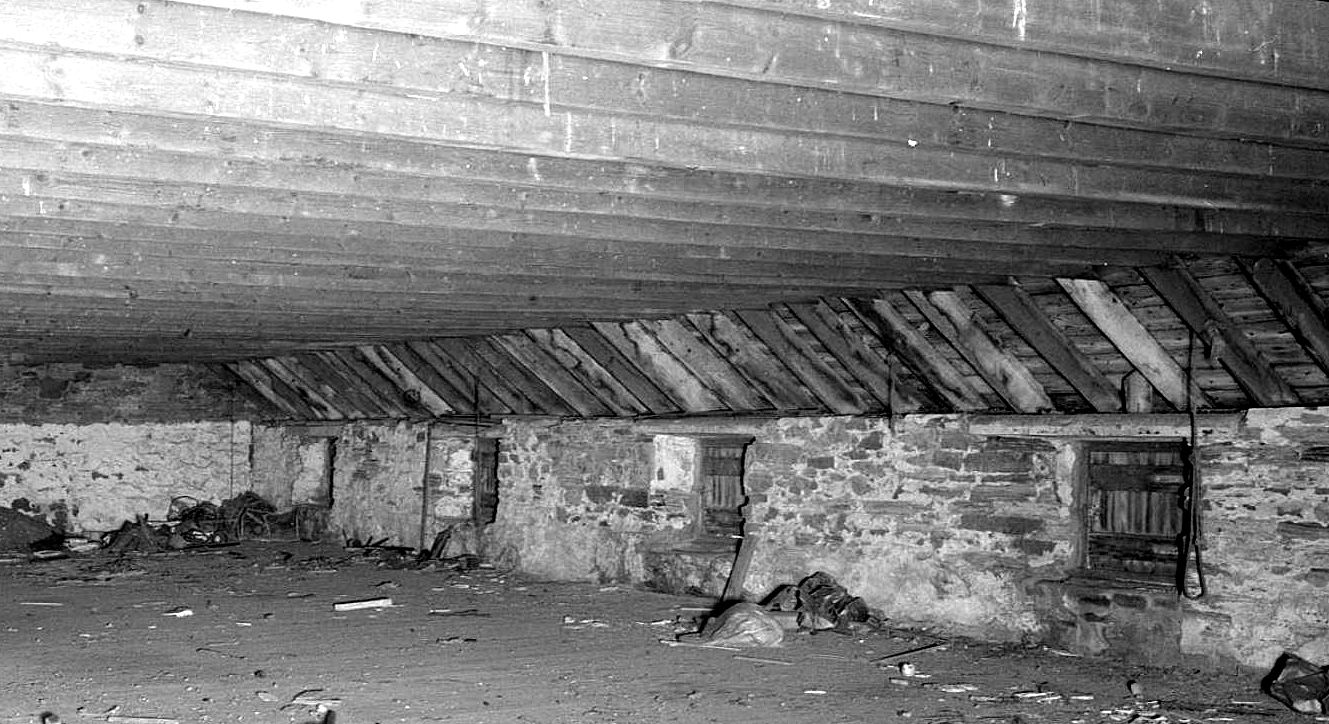
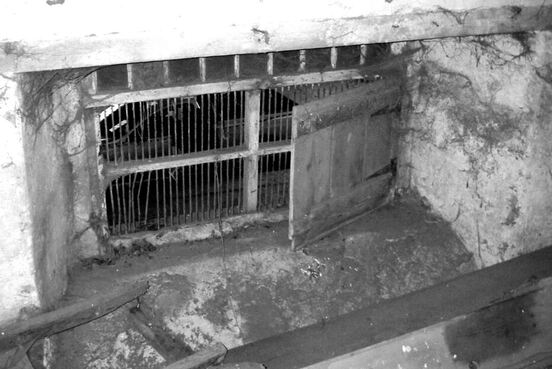
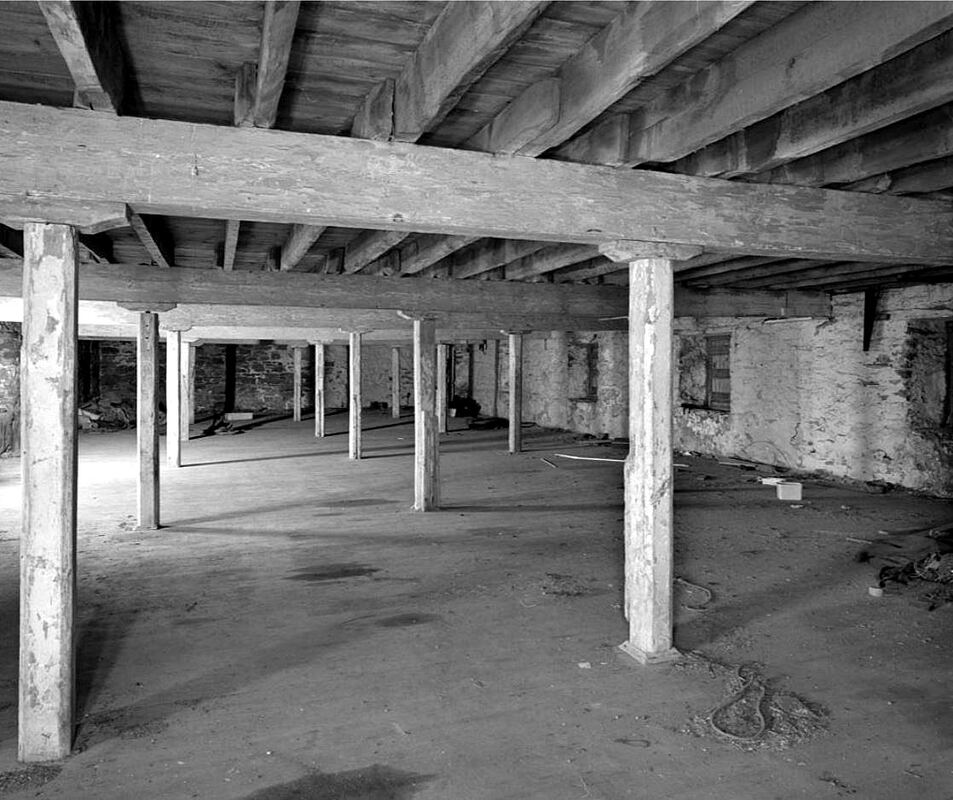
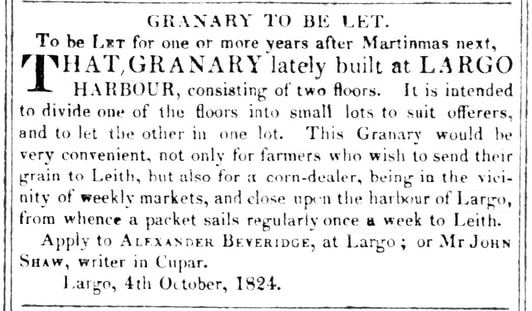
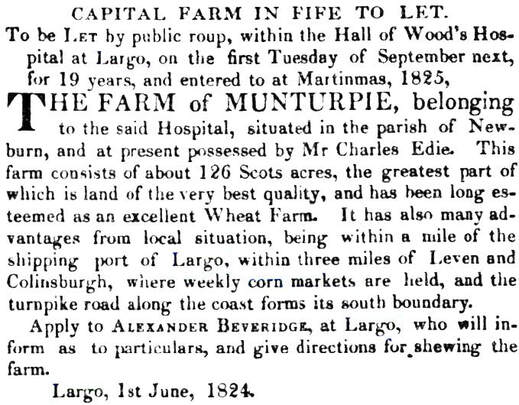
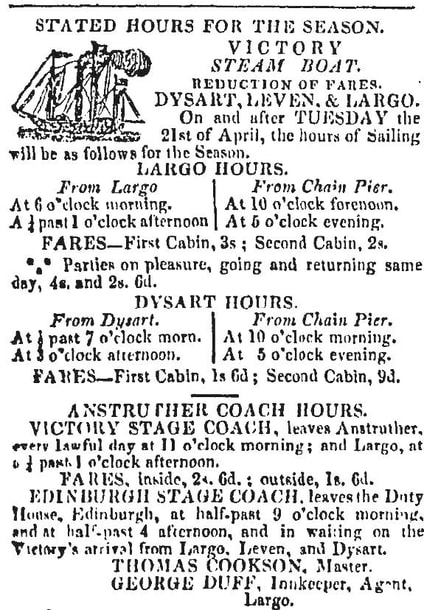
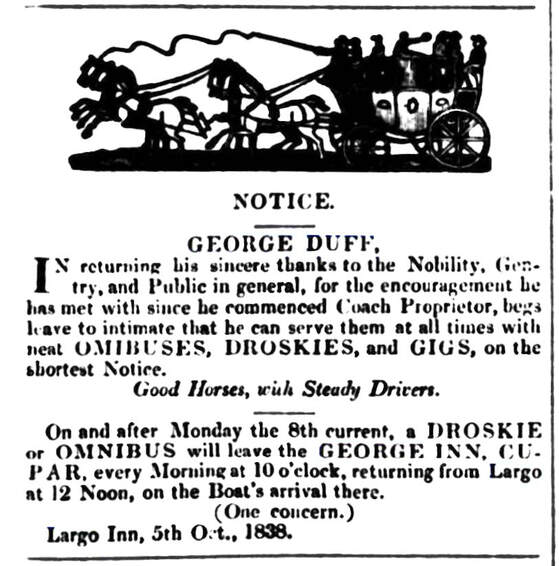
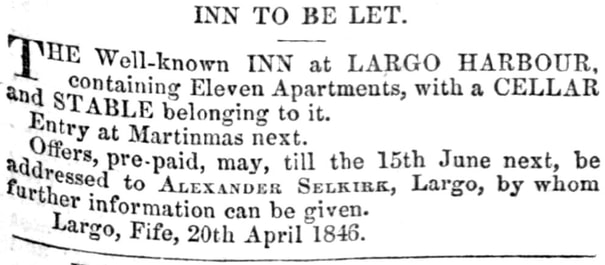
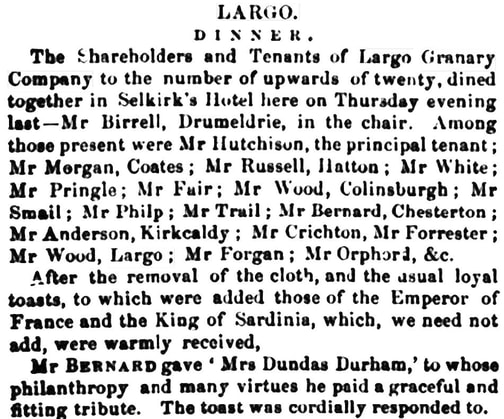
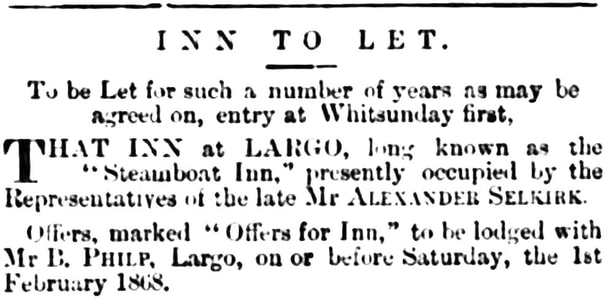
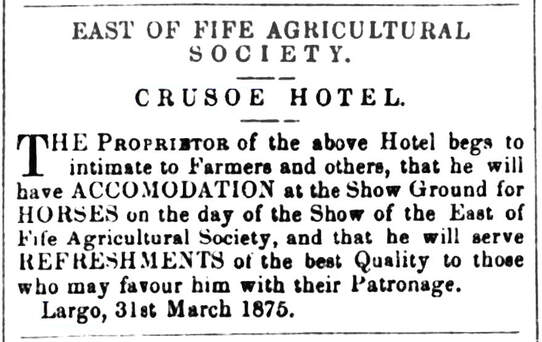
 RSS Feed
RSS Feed
